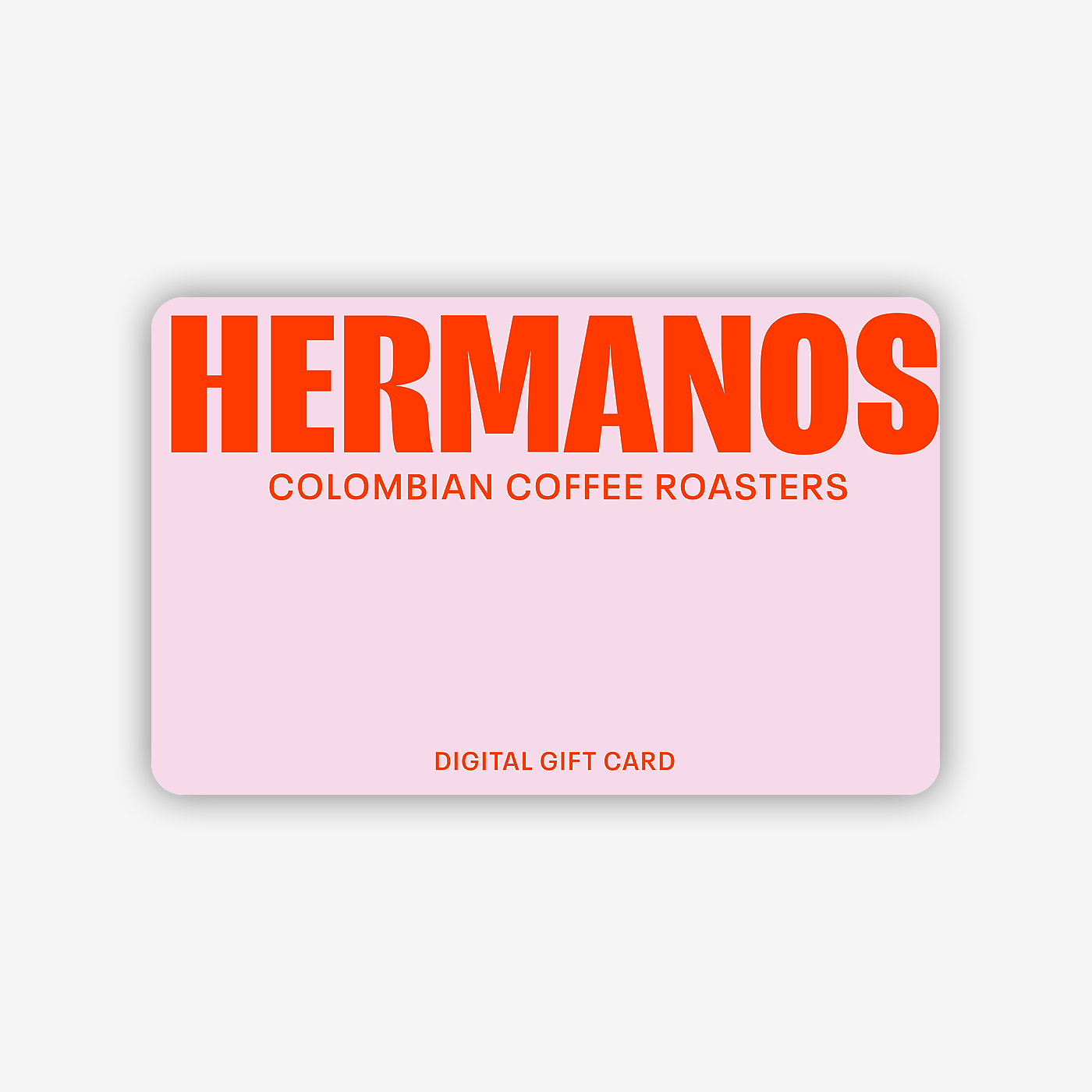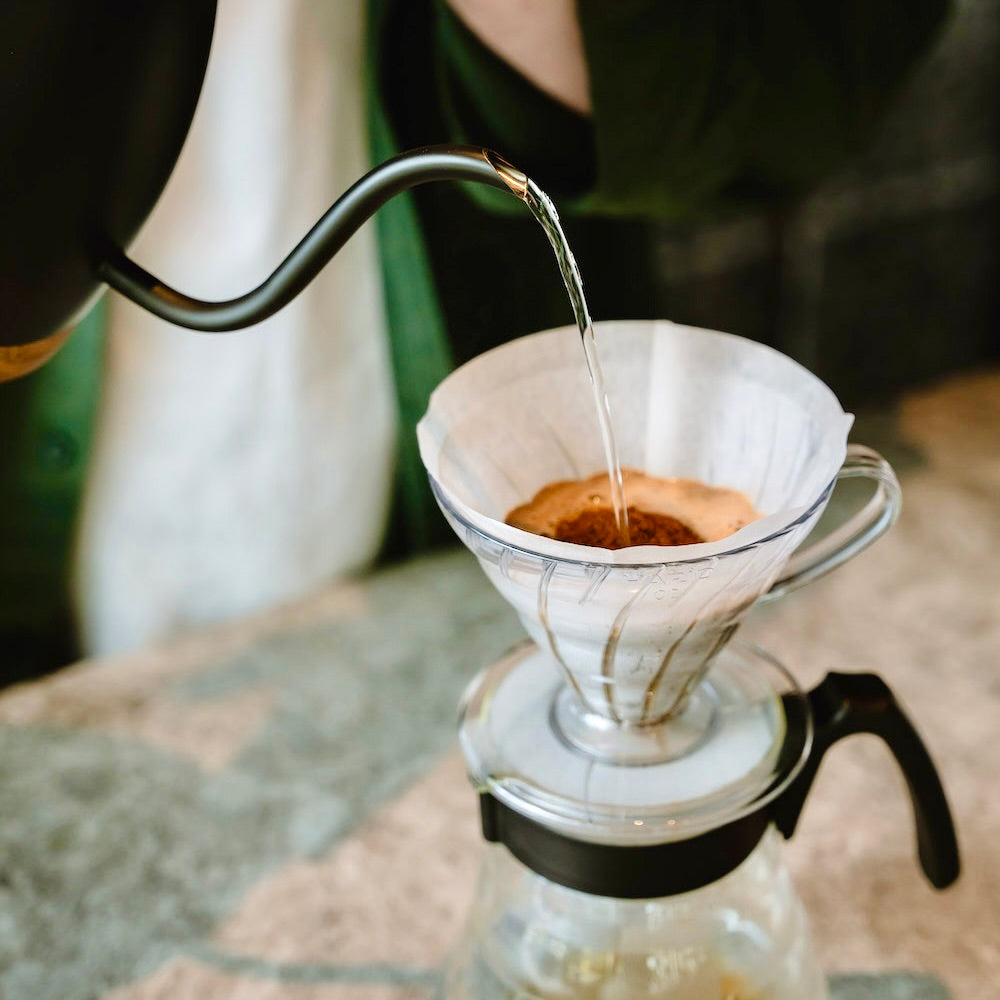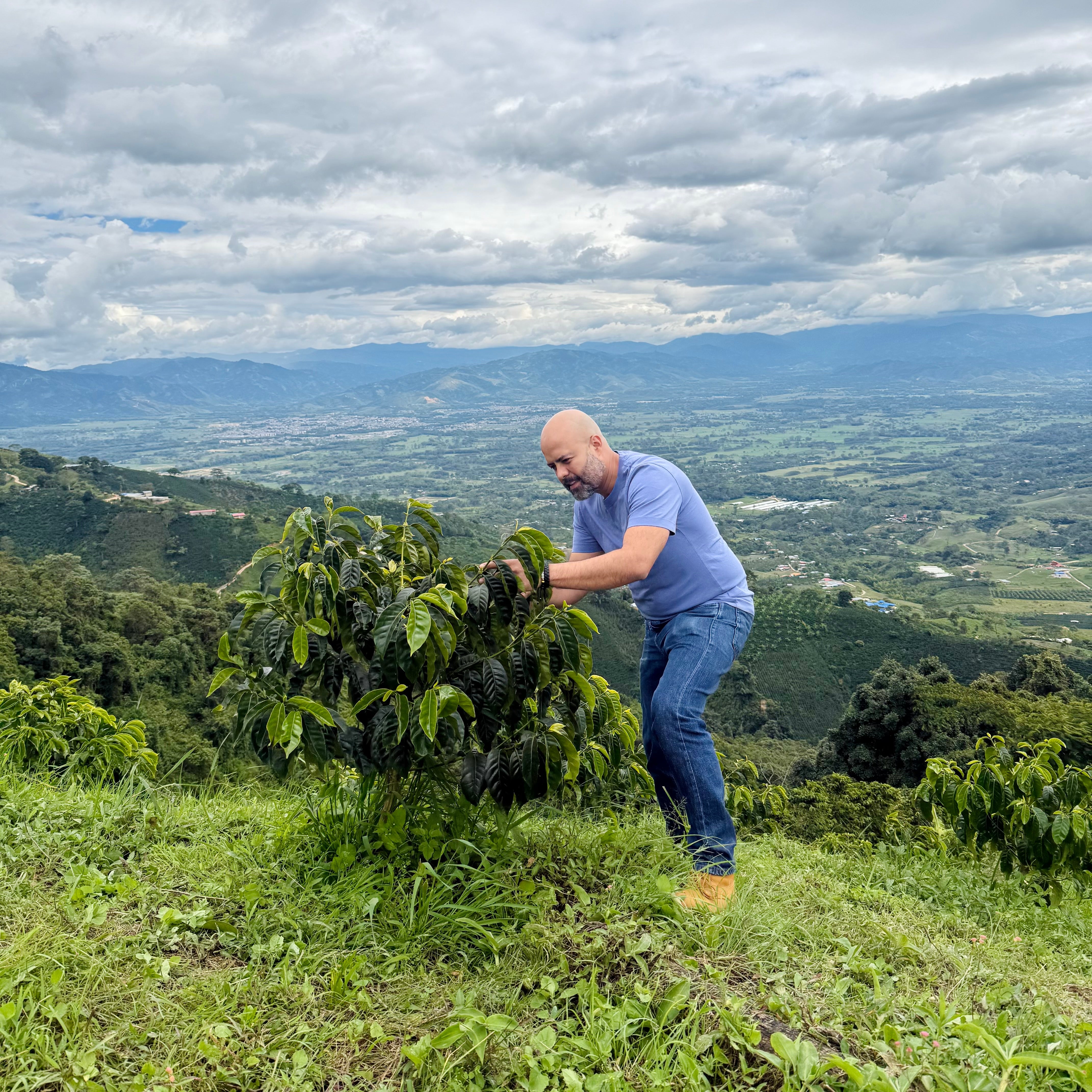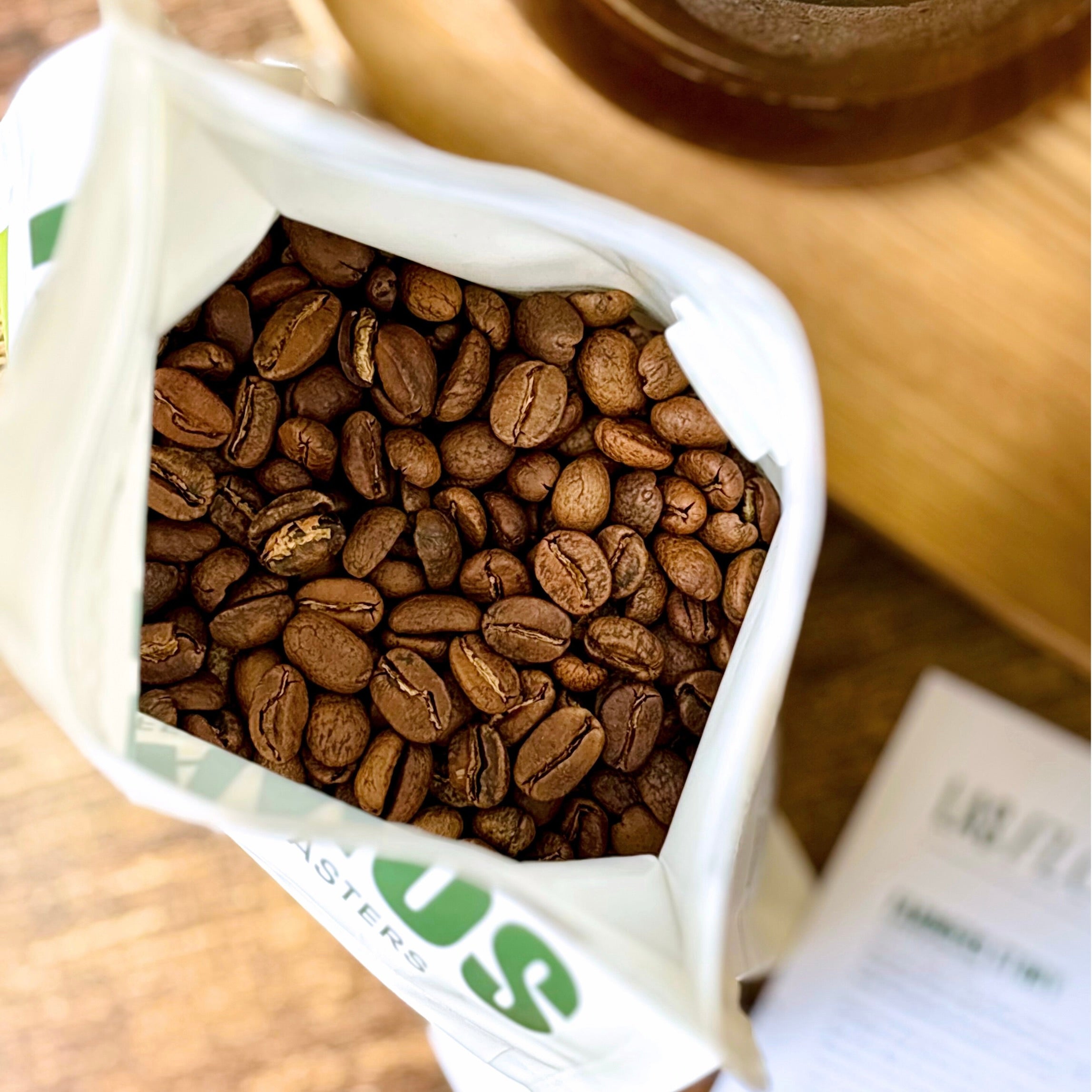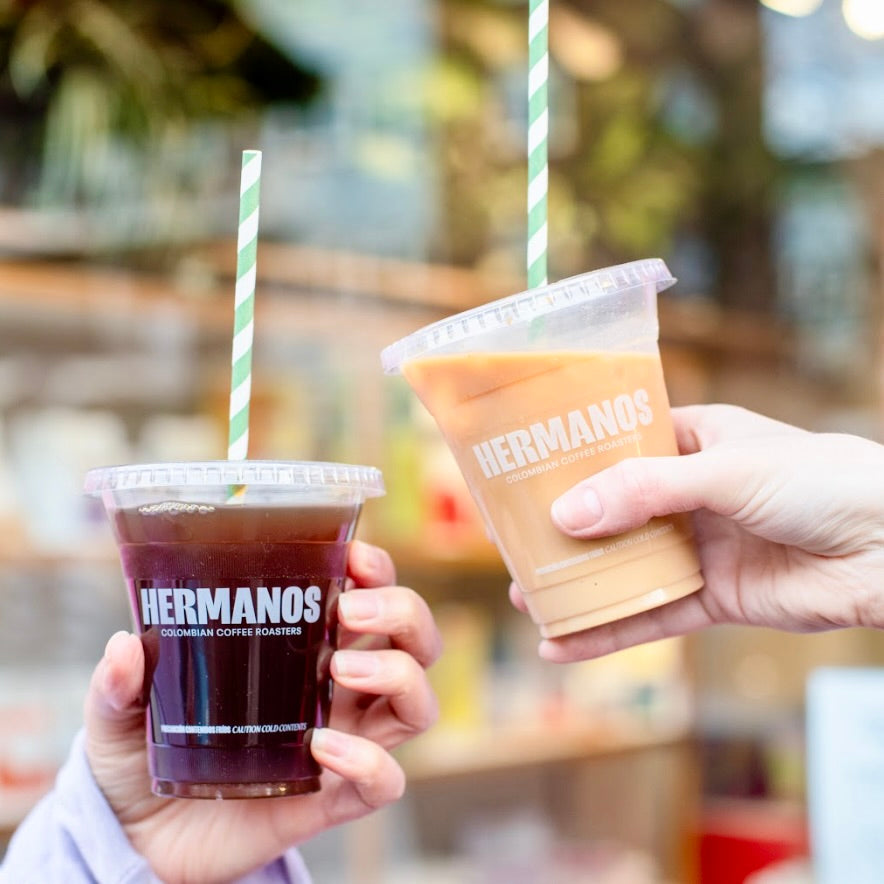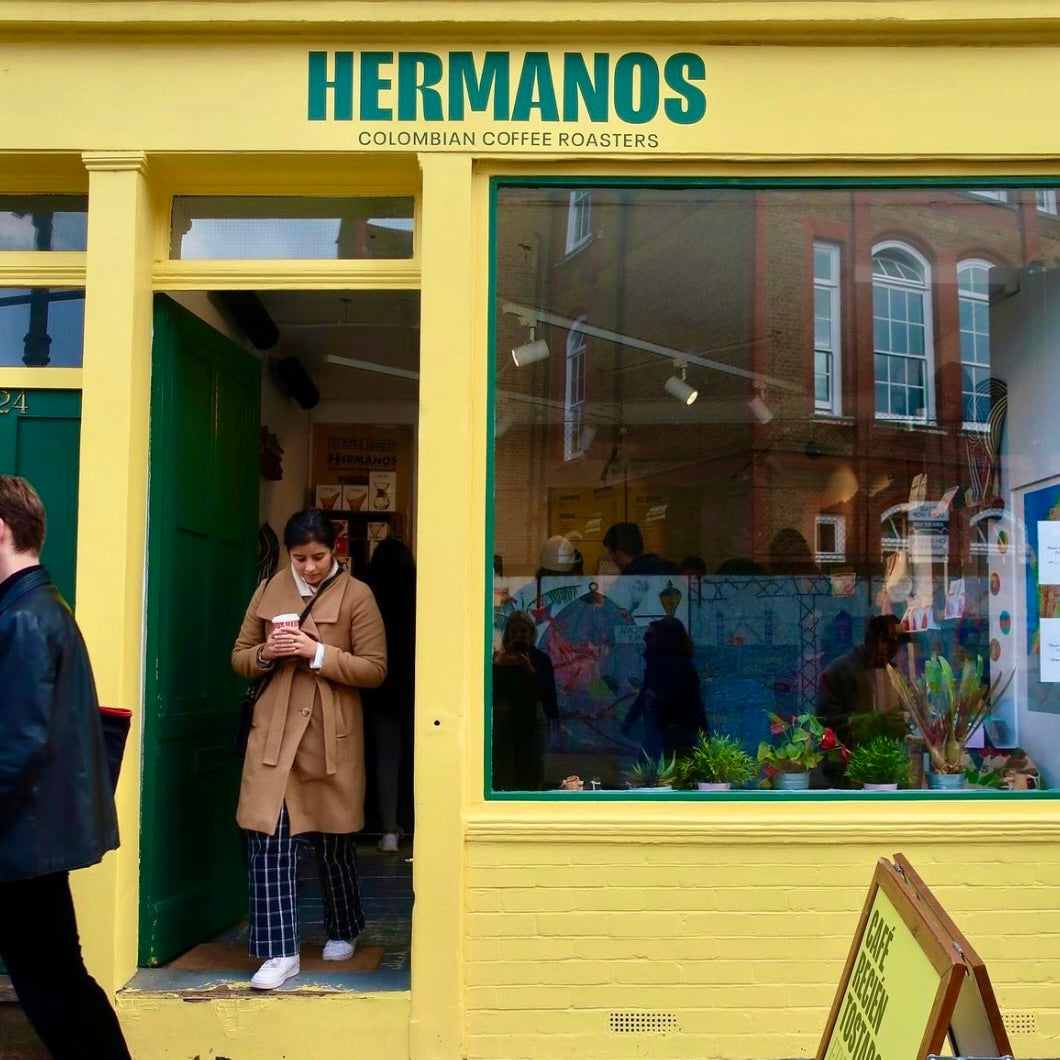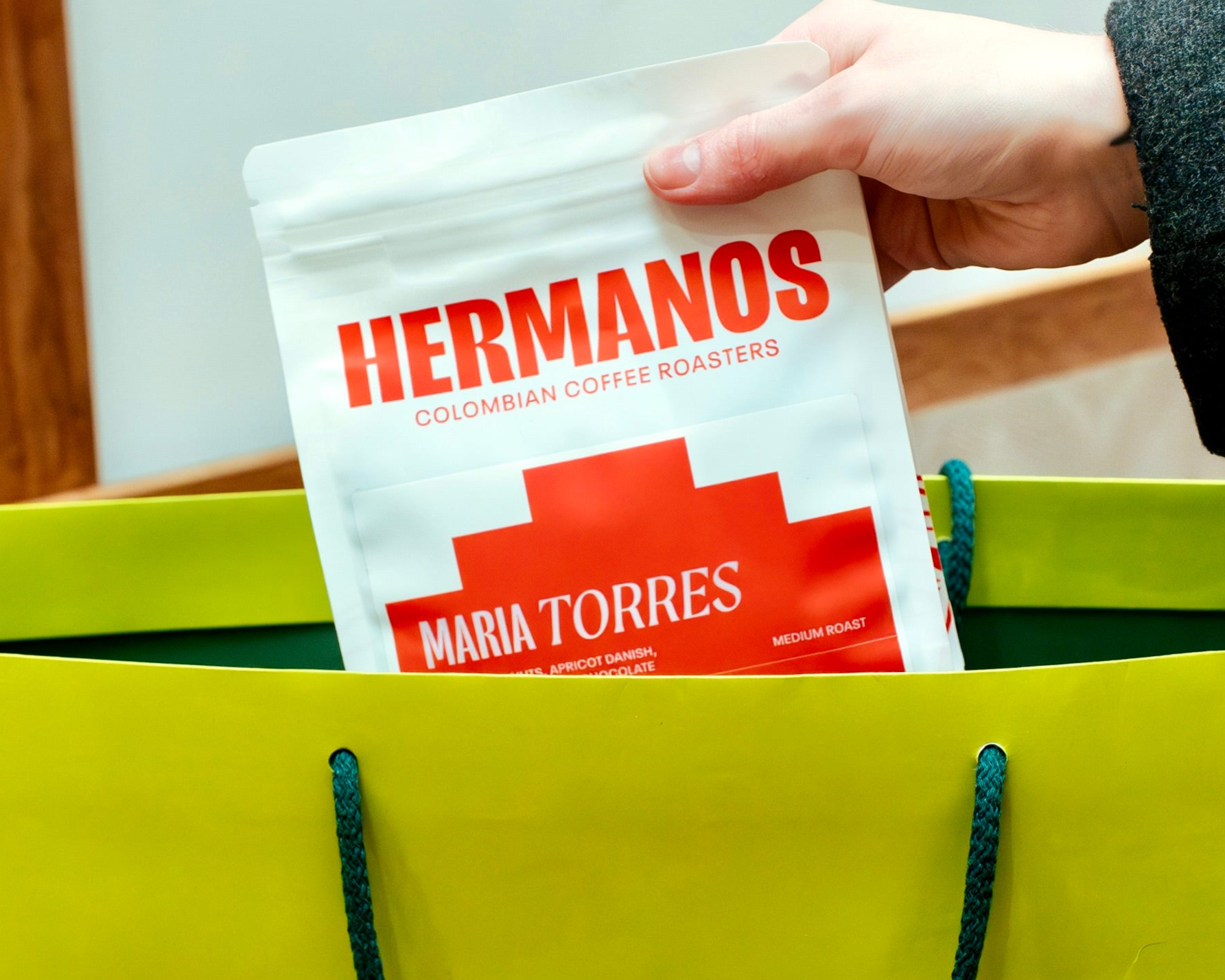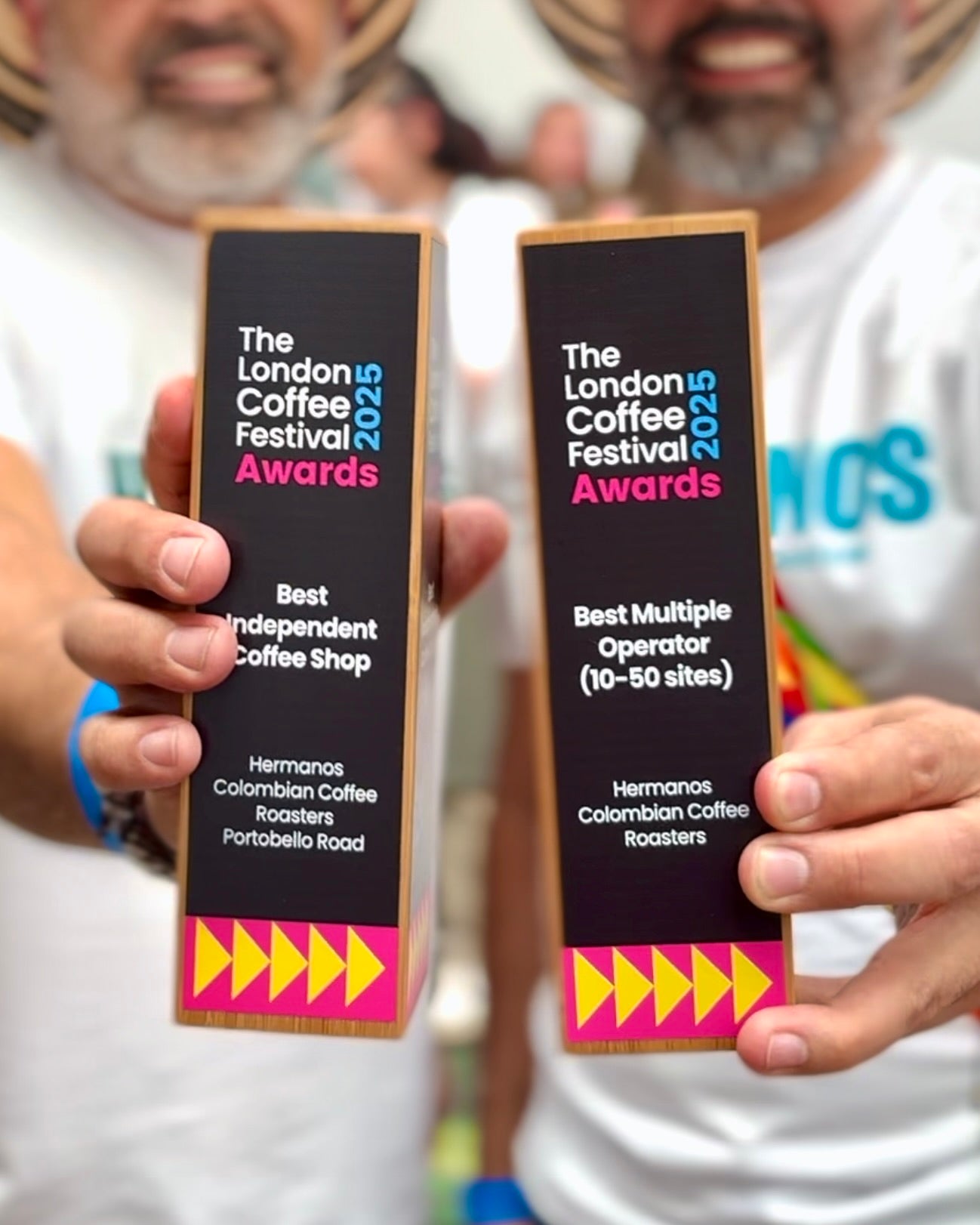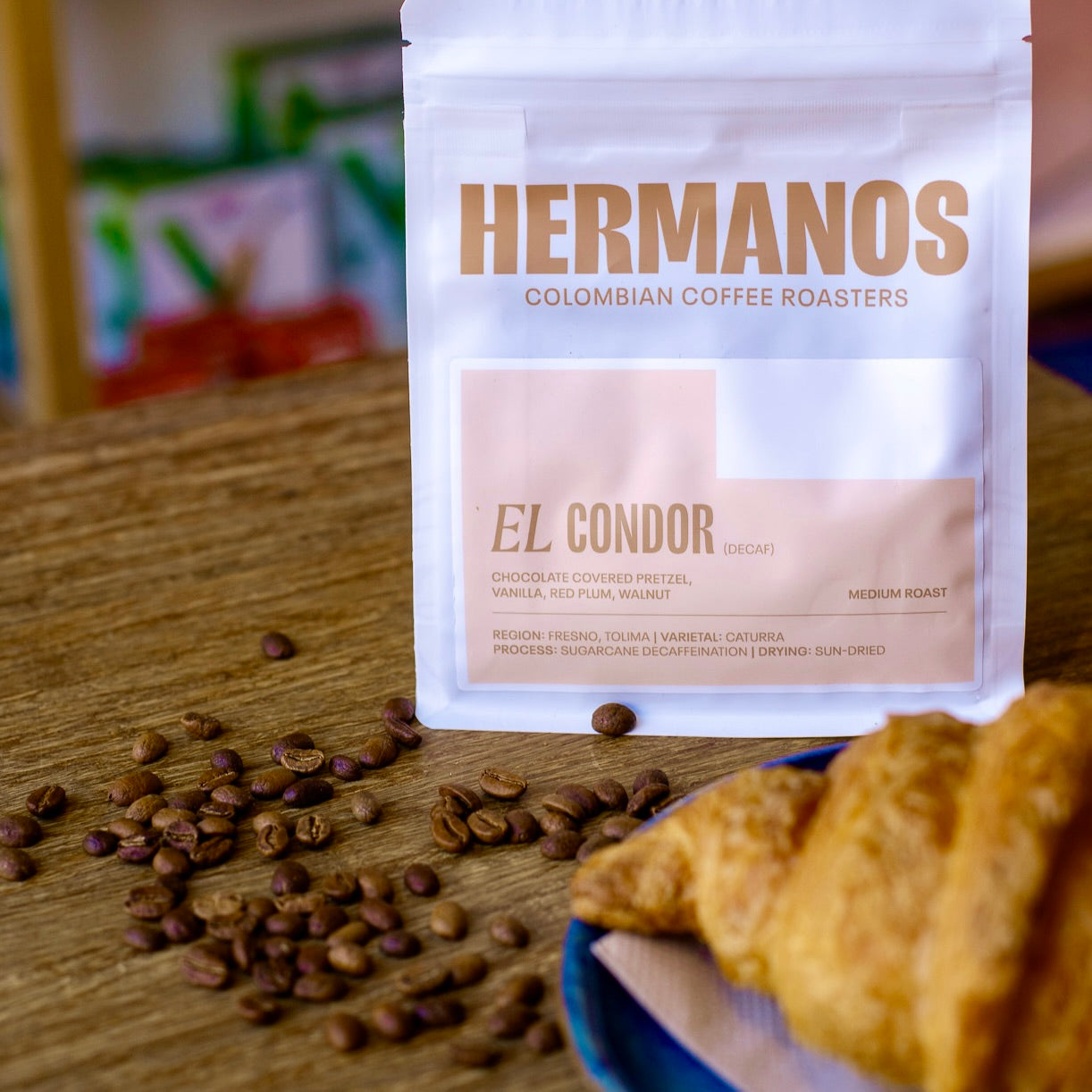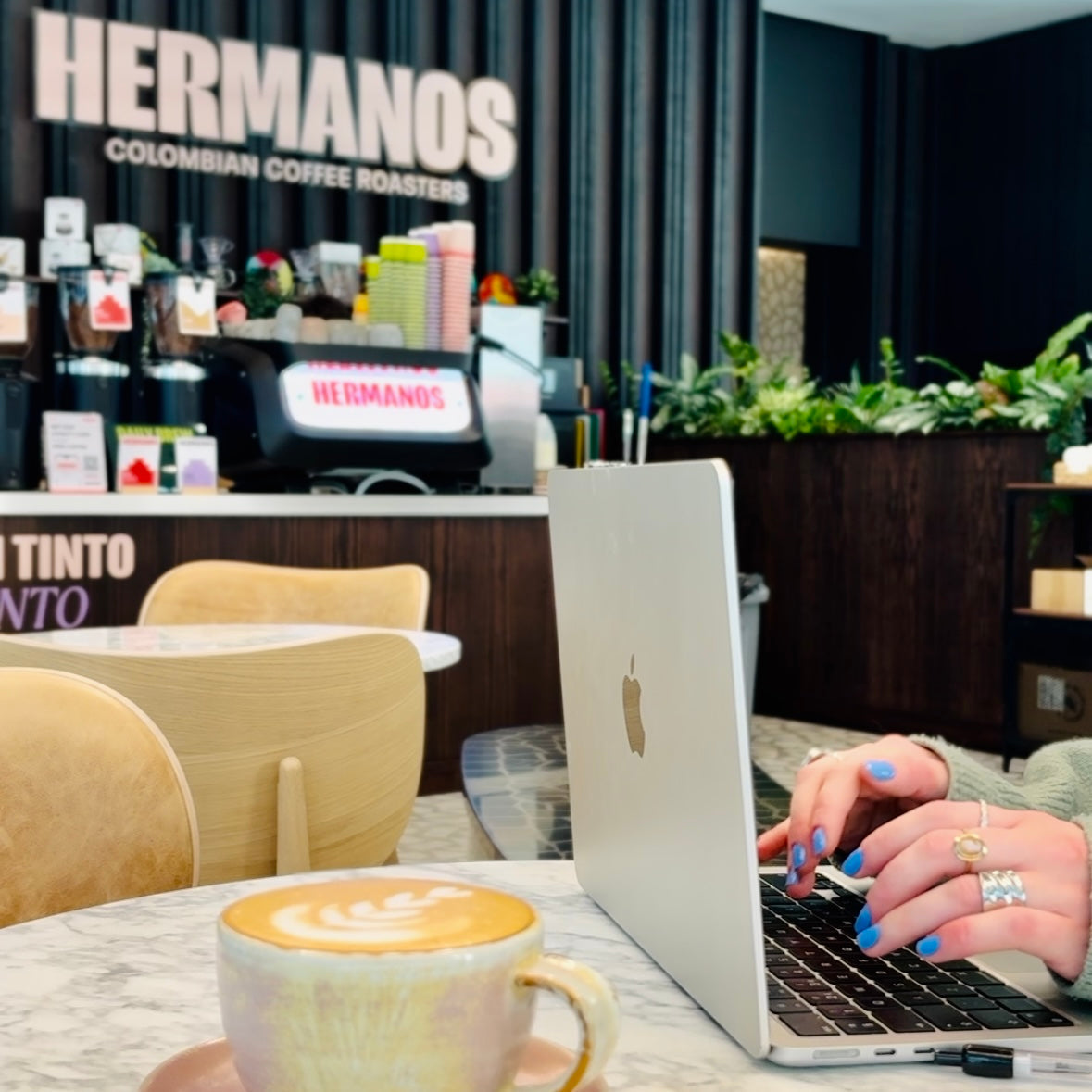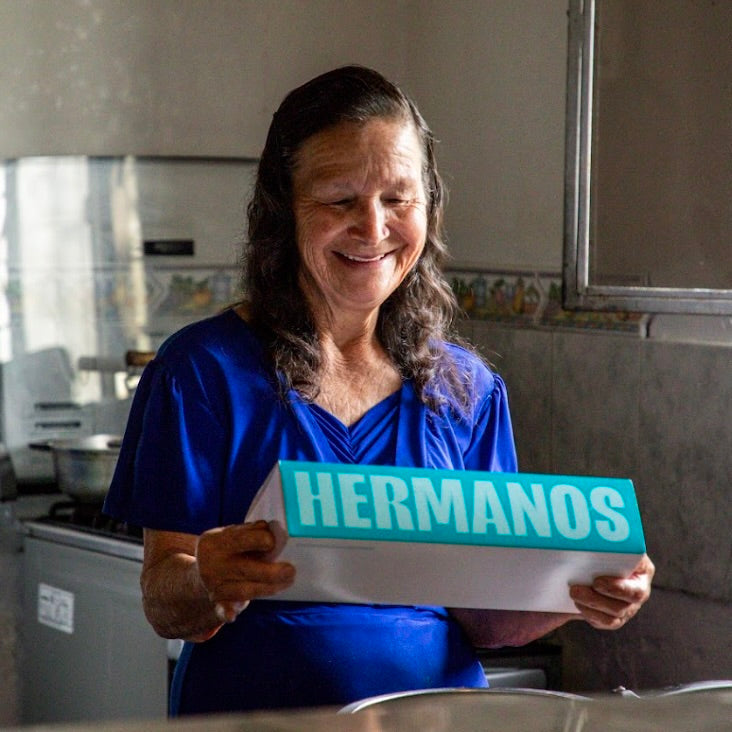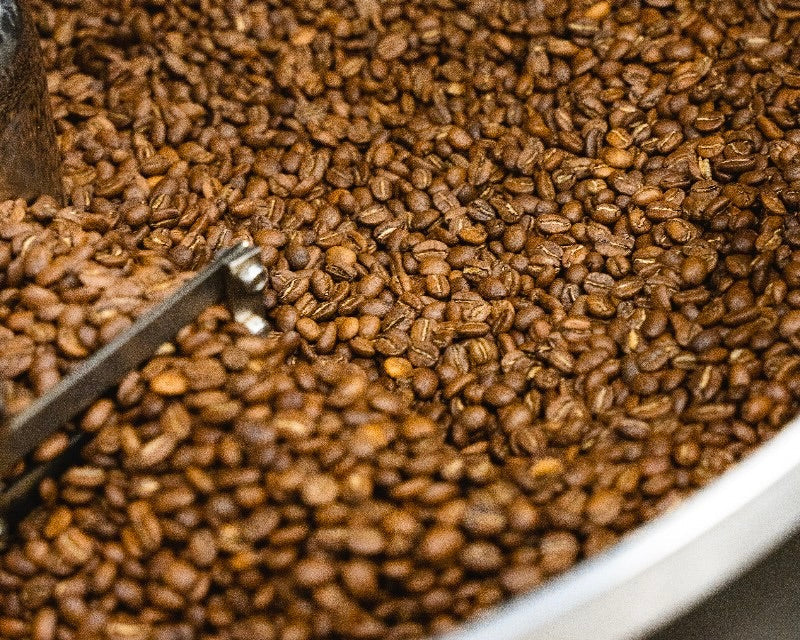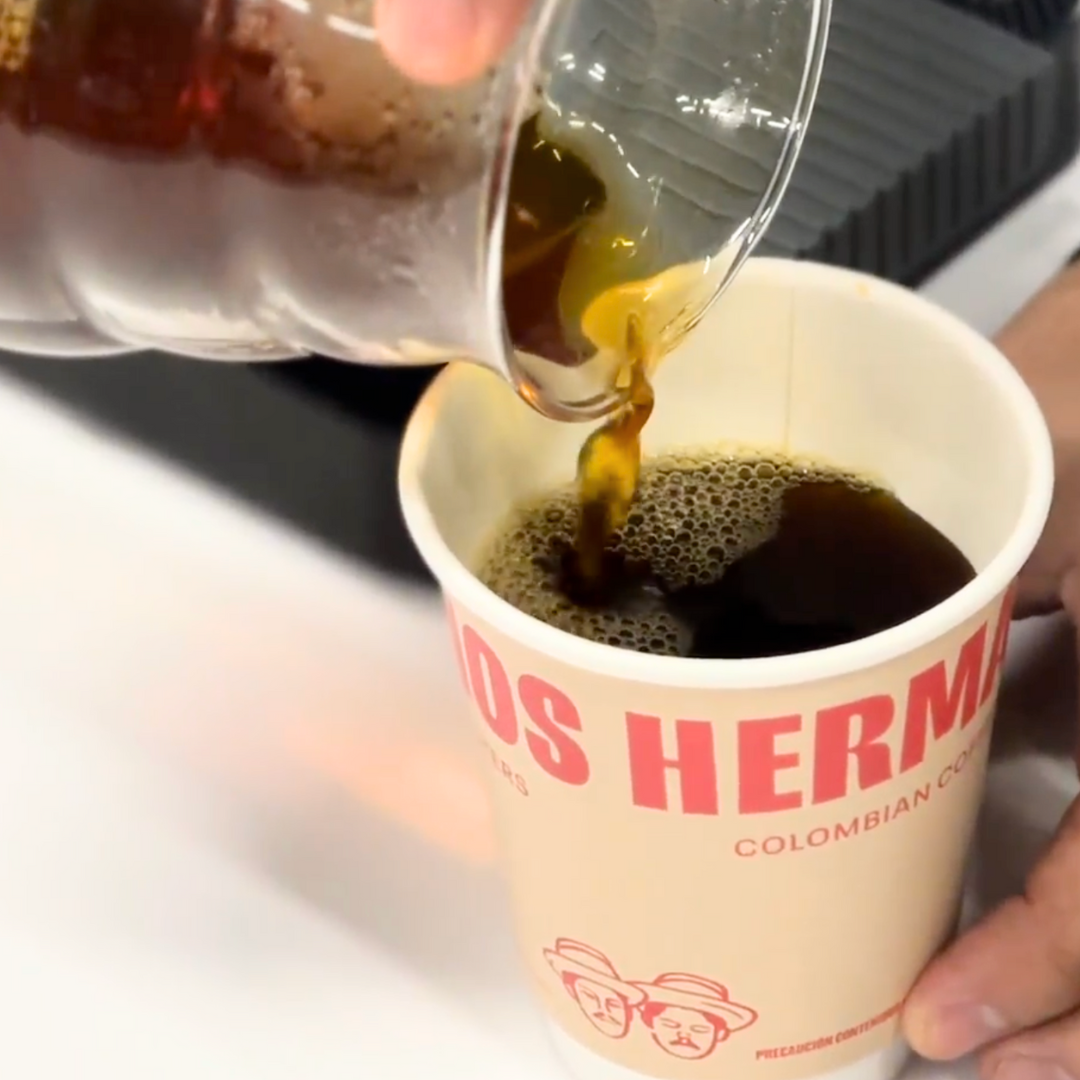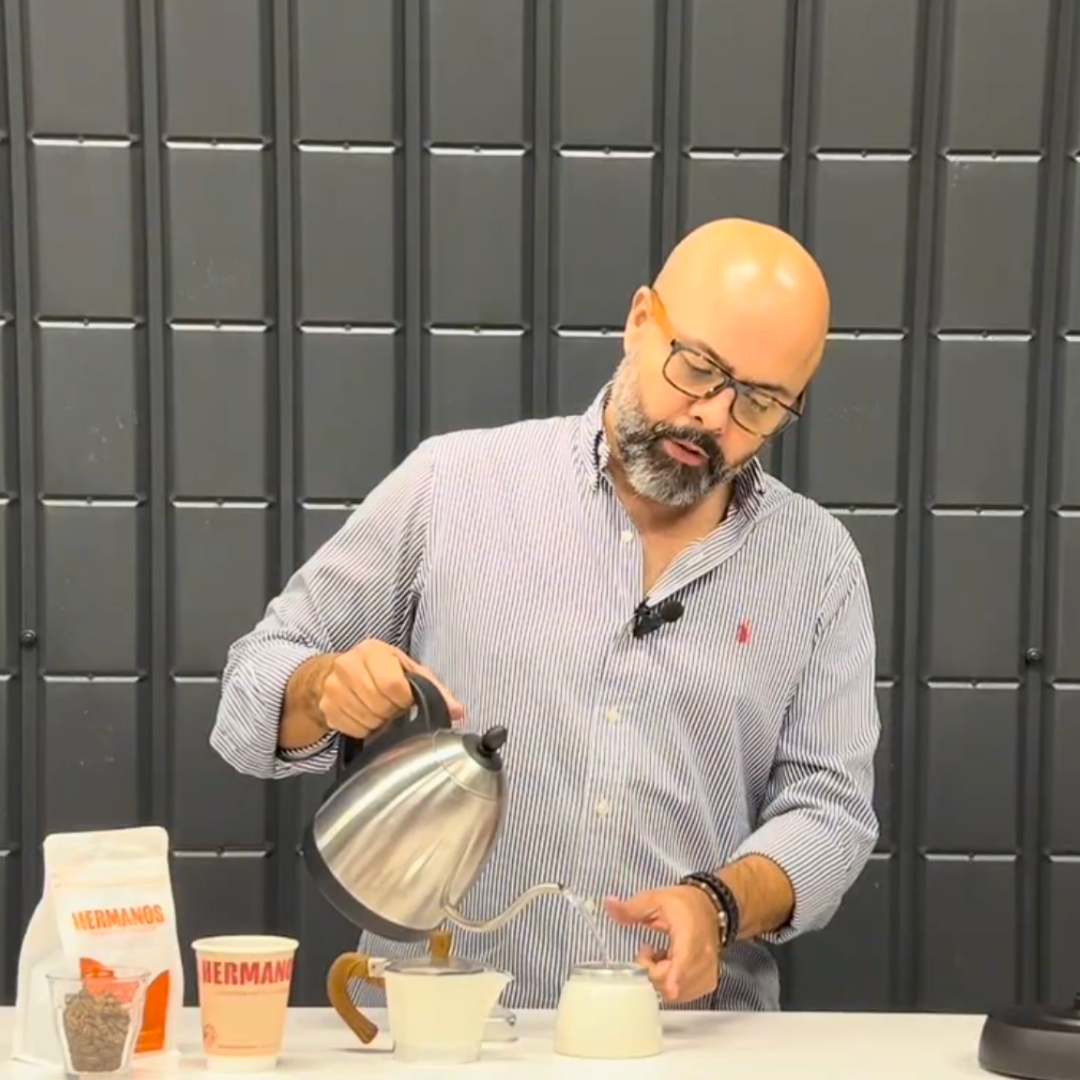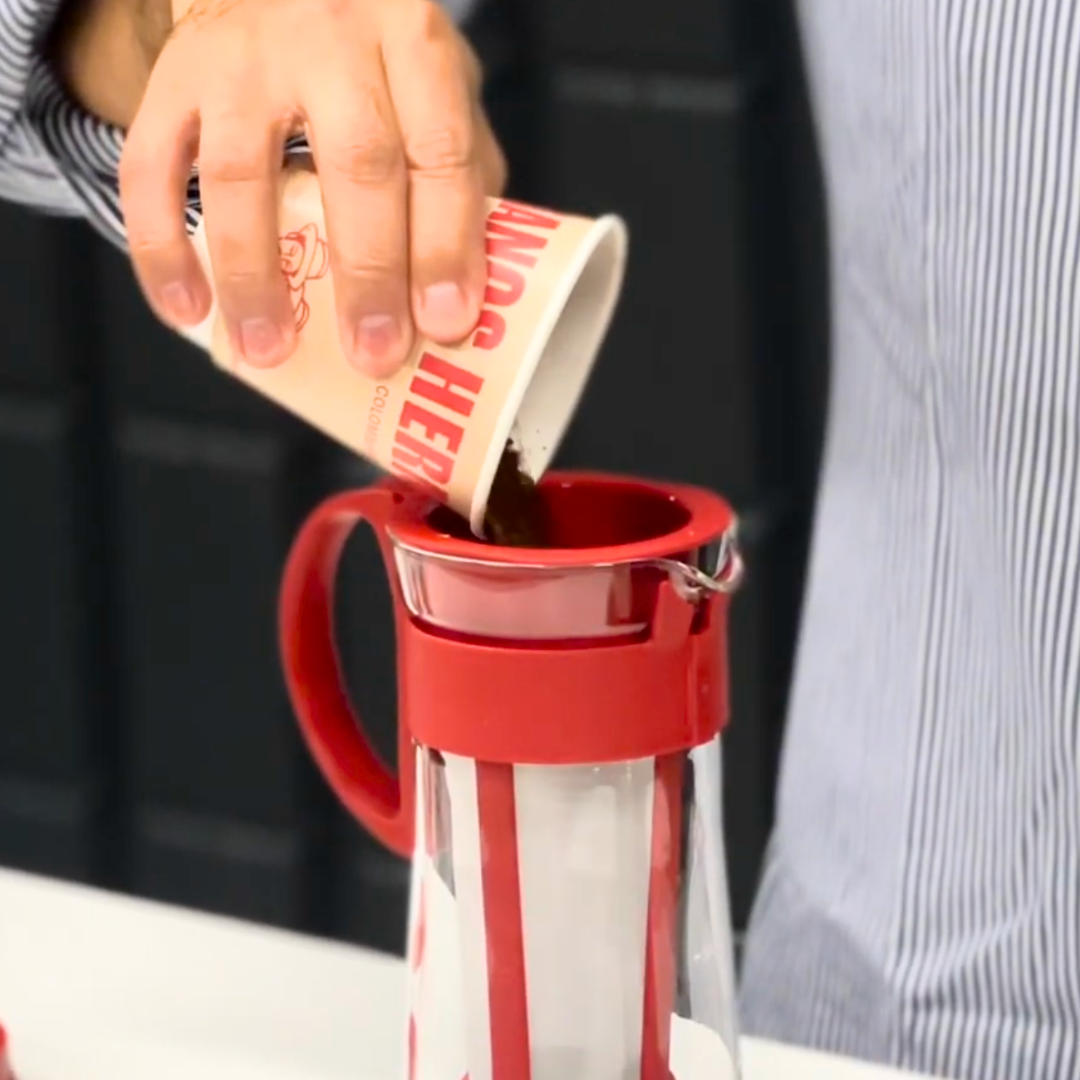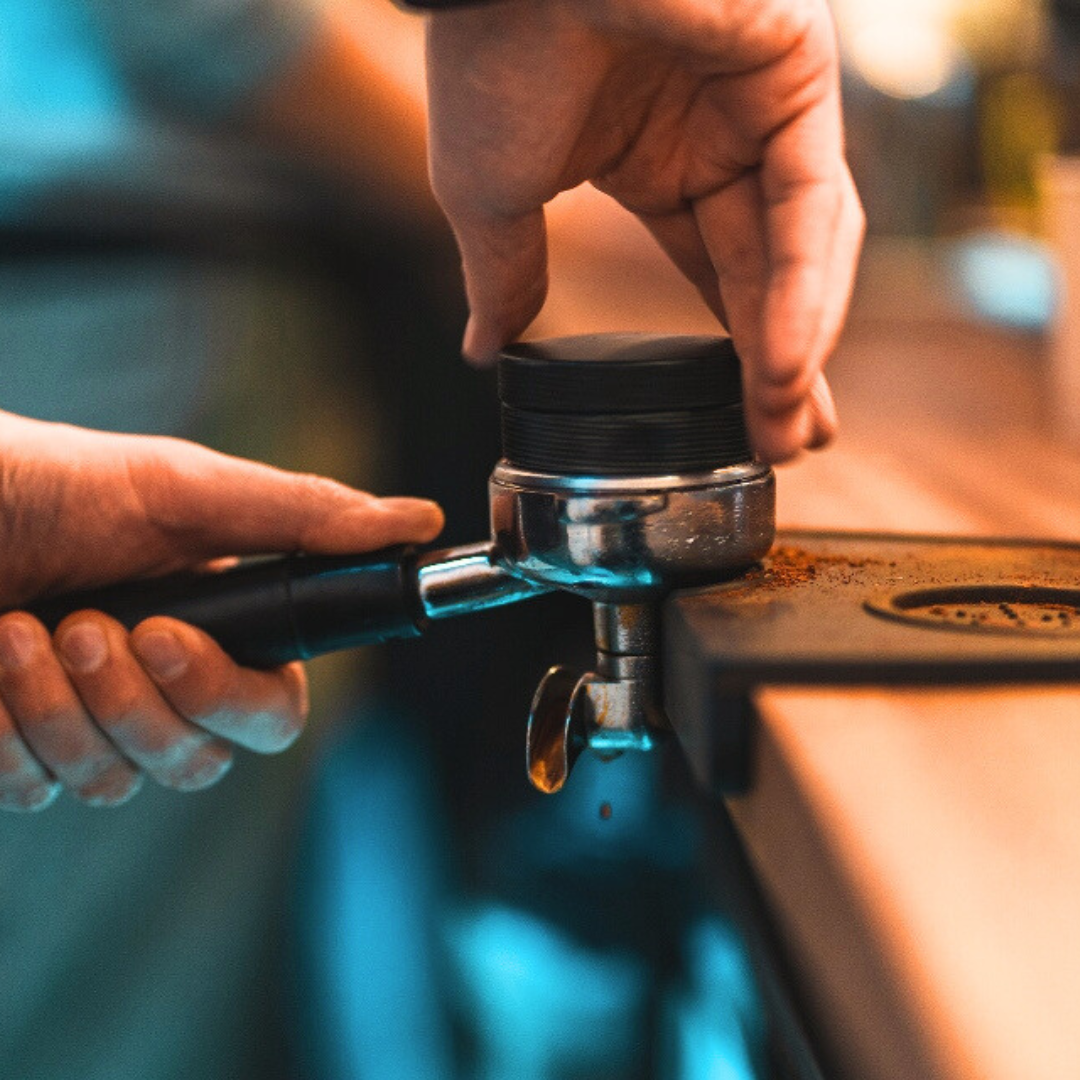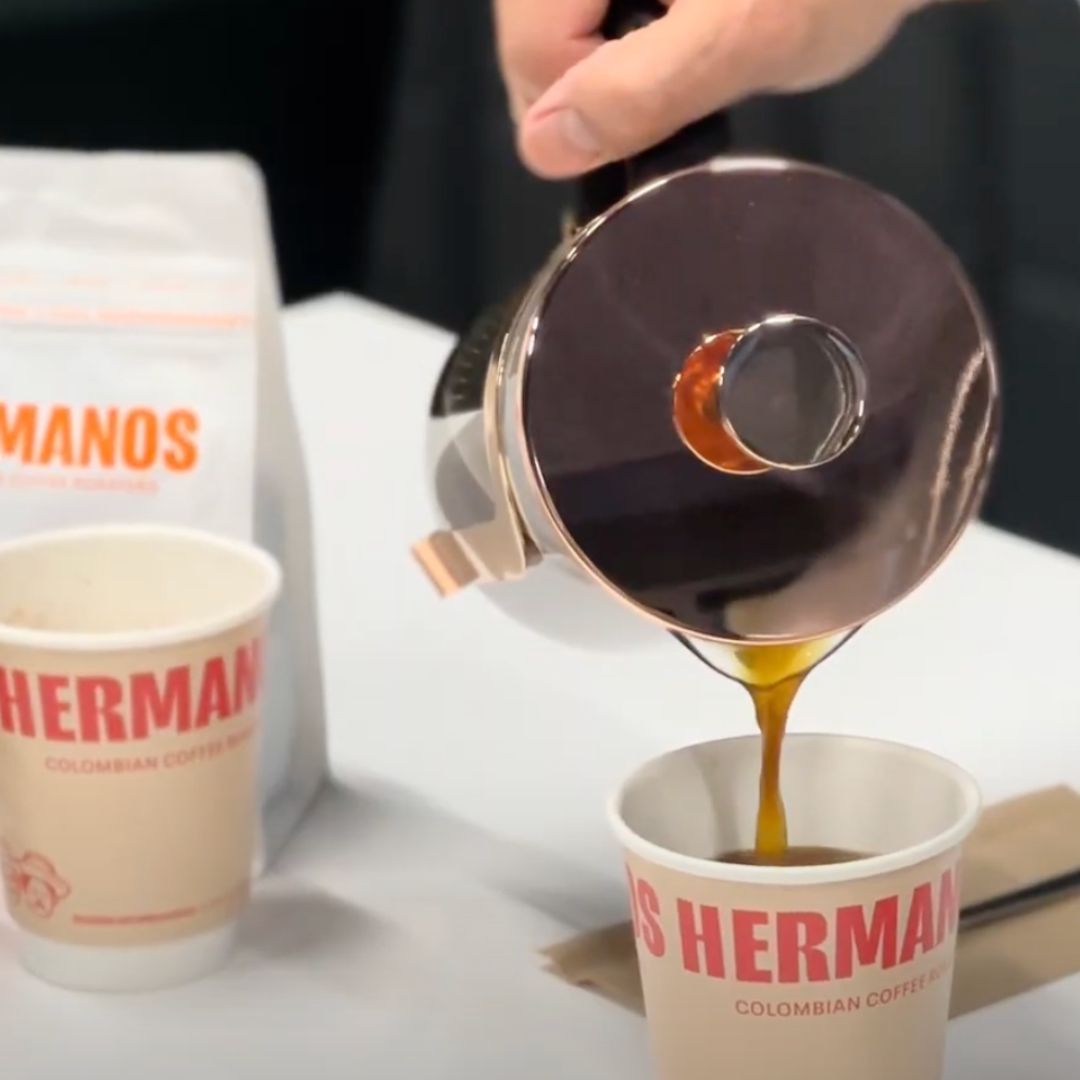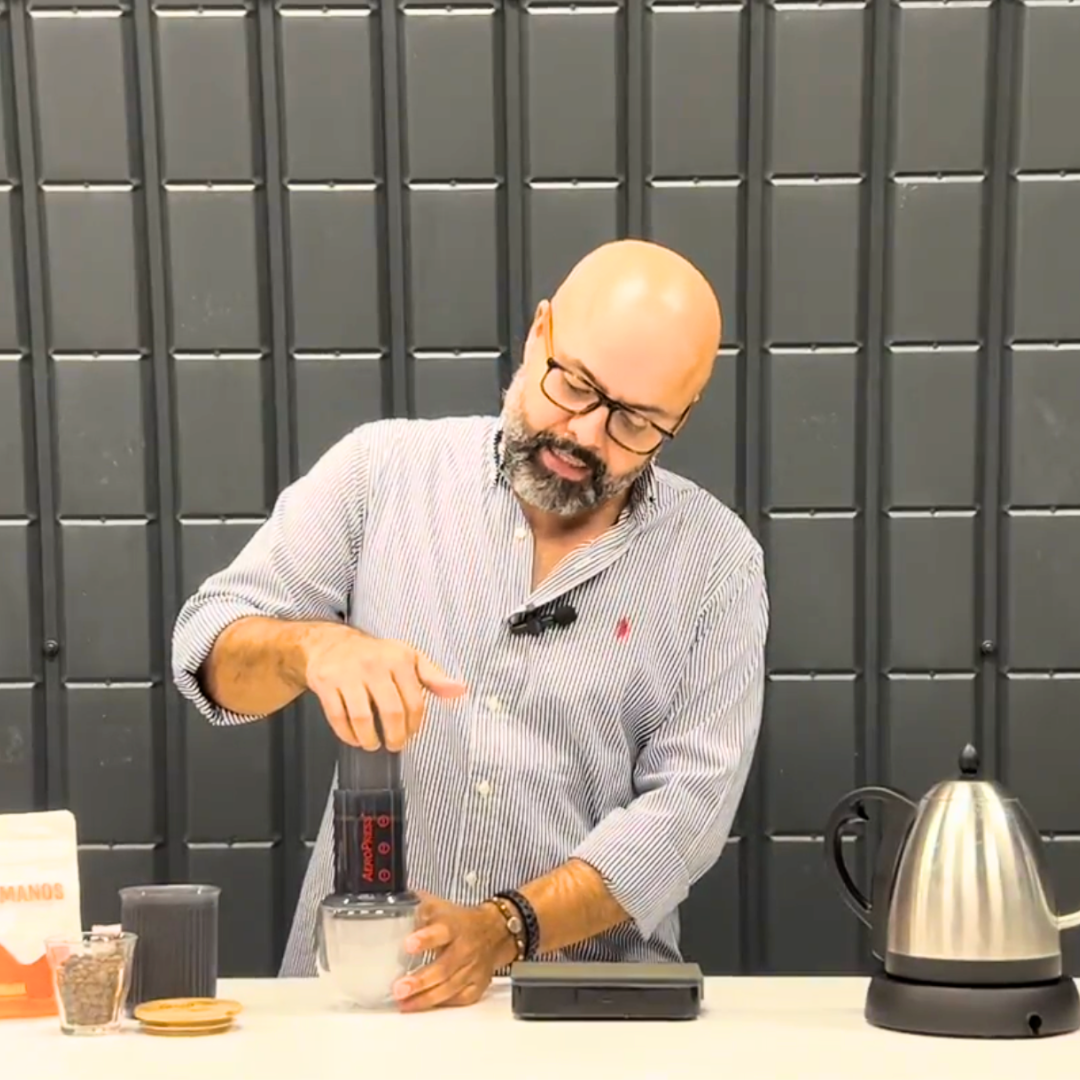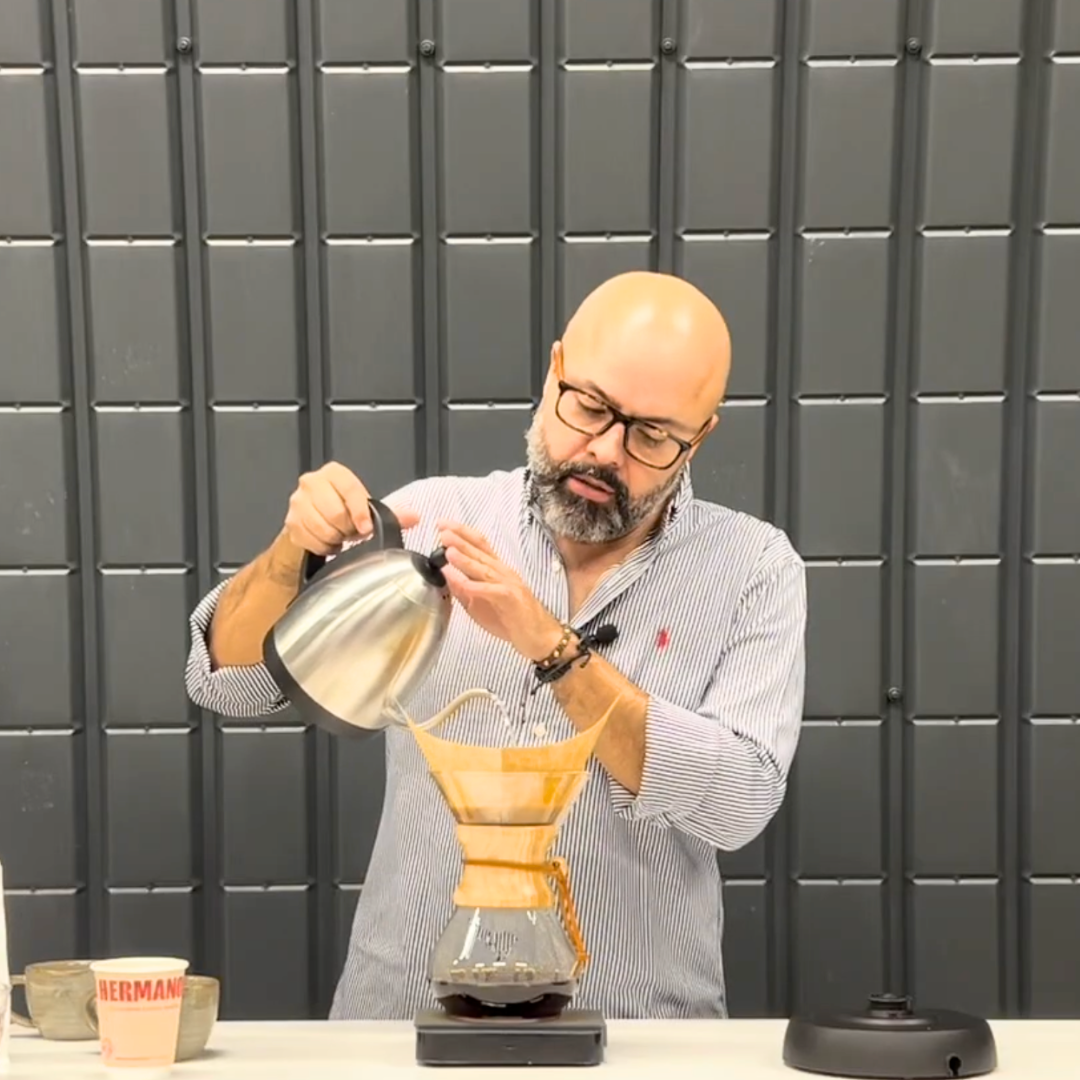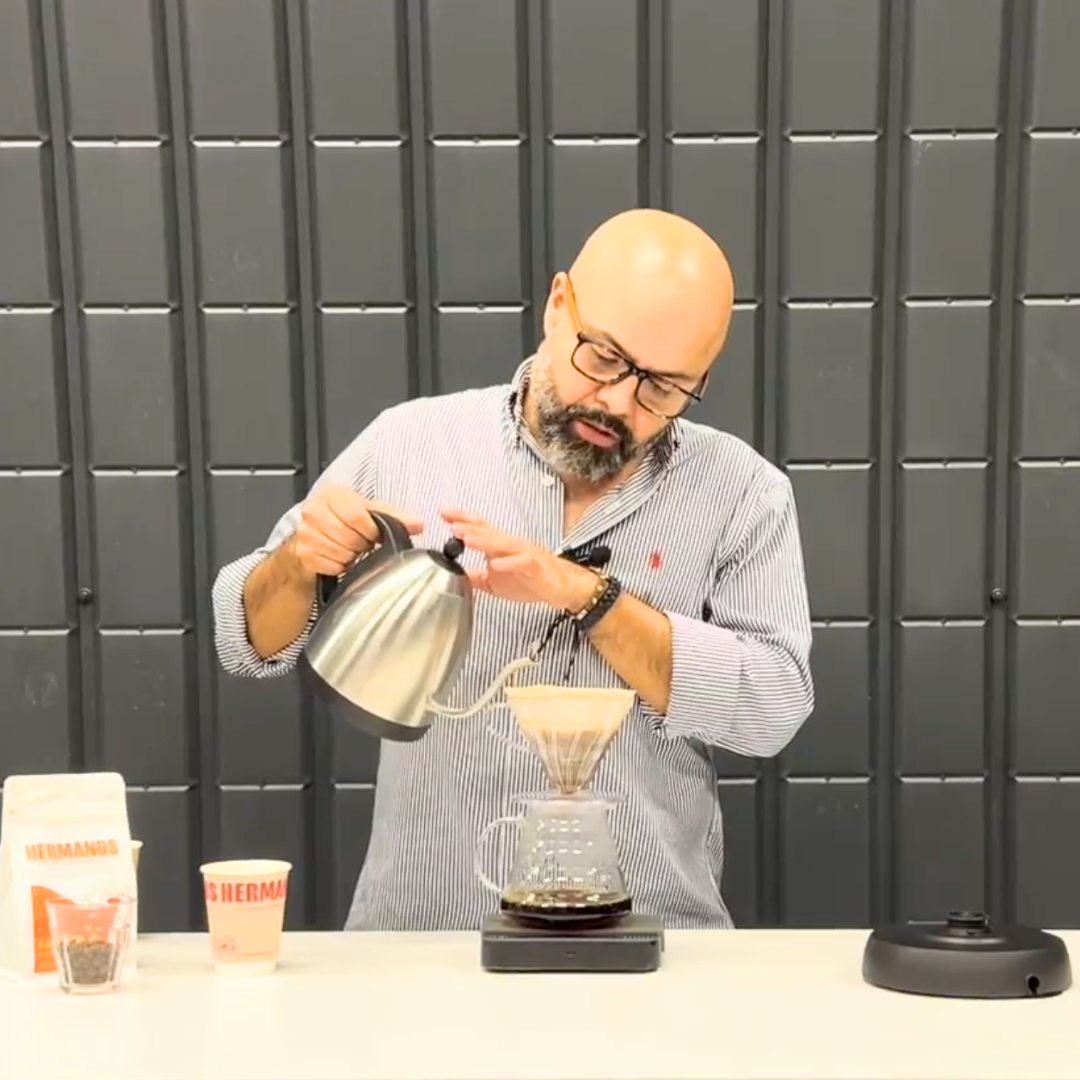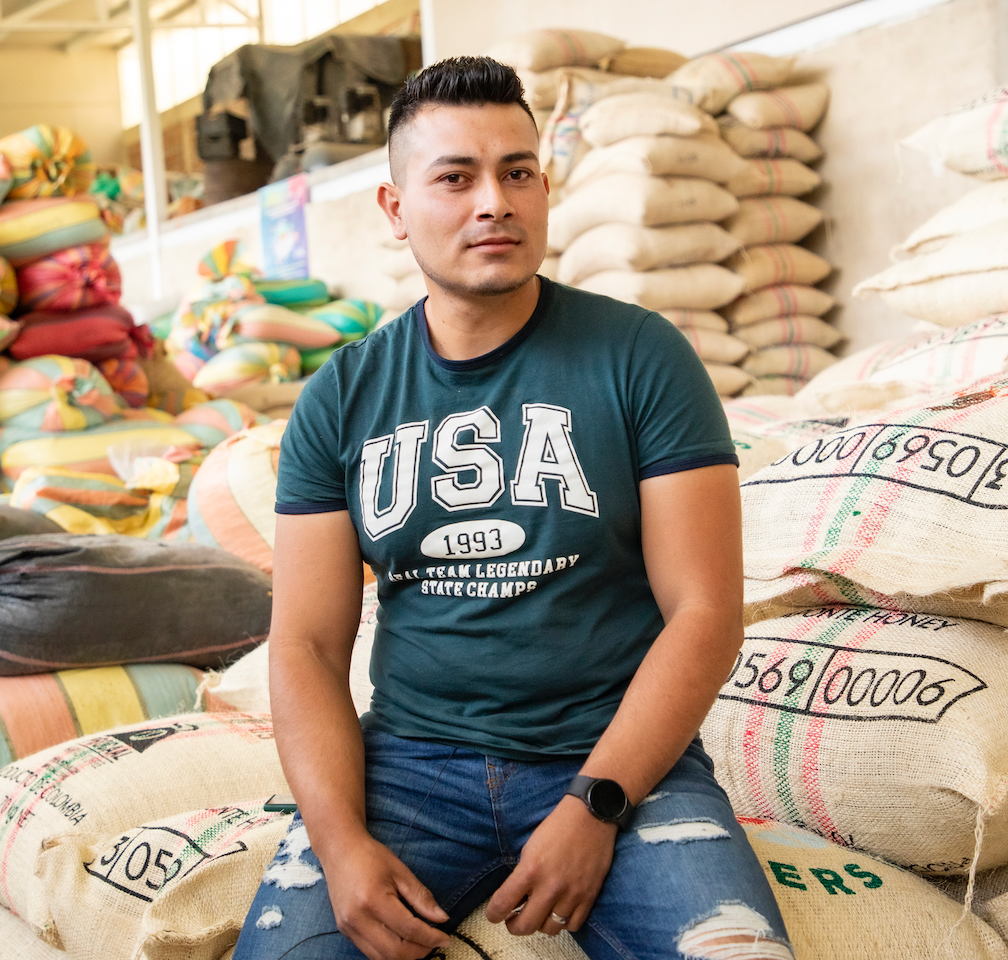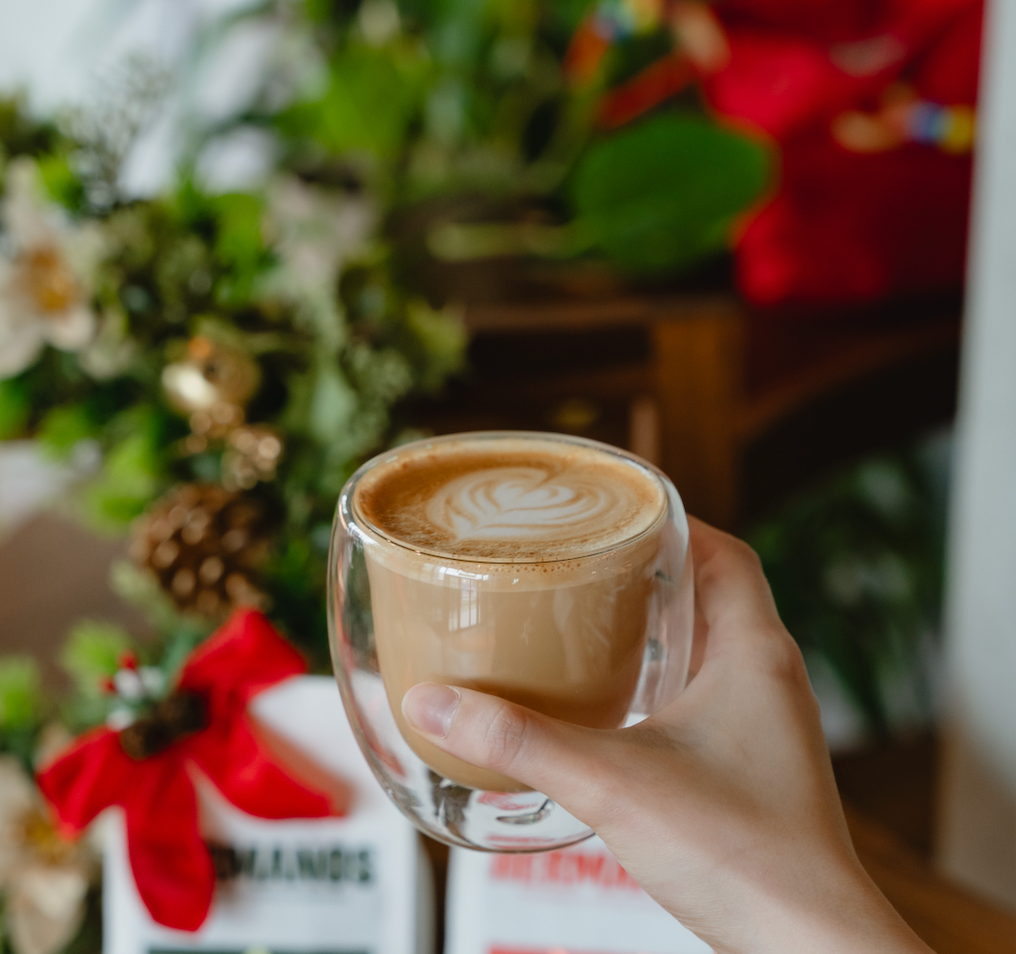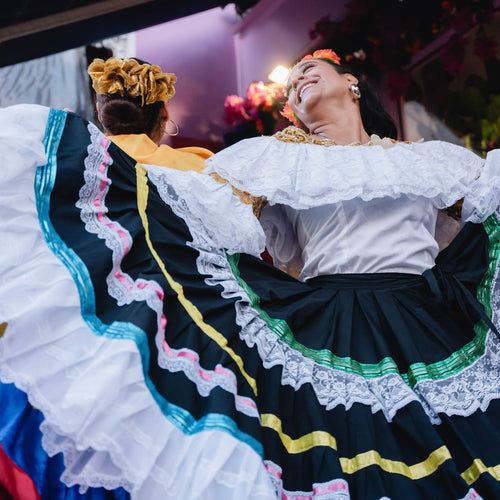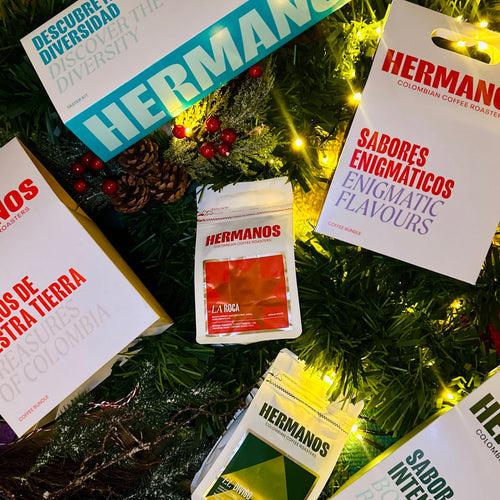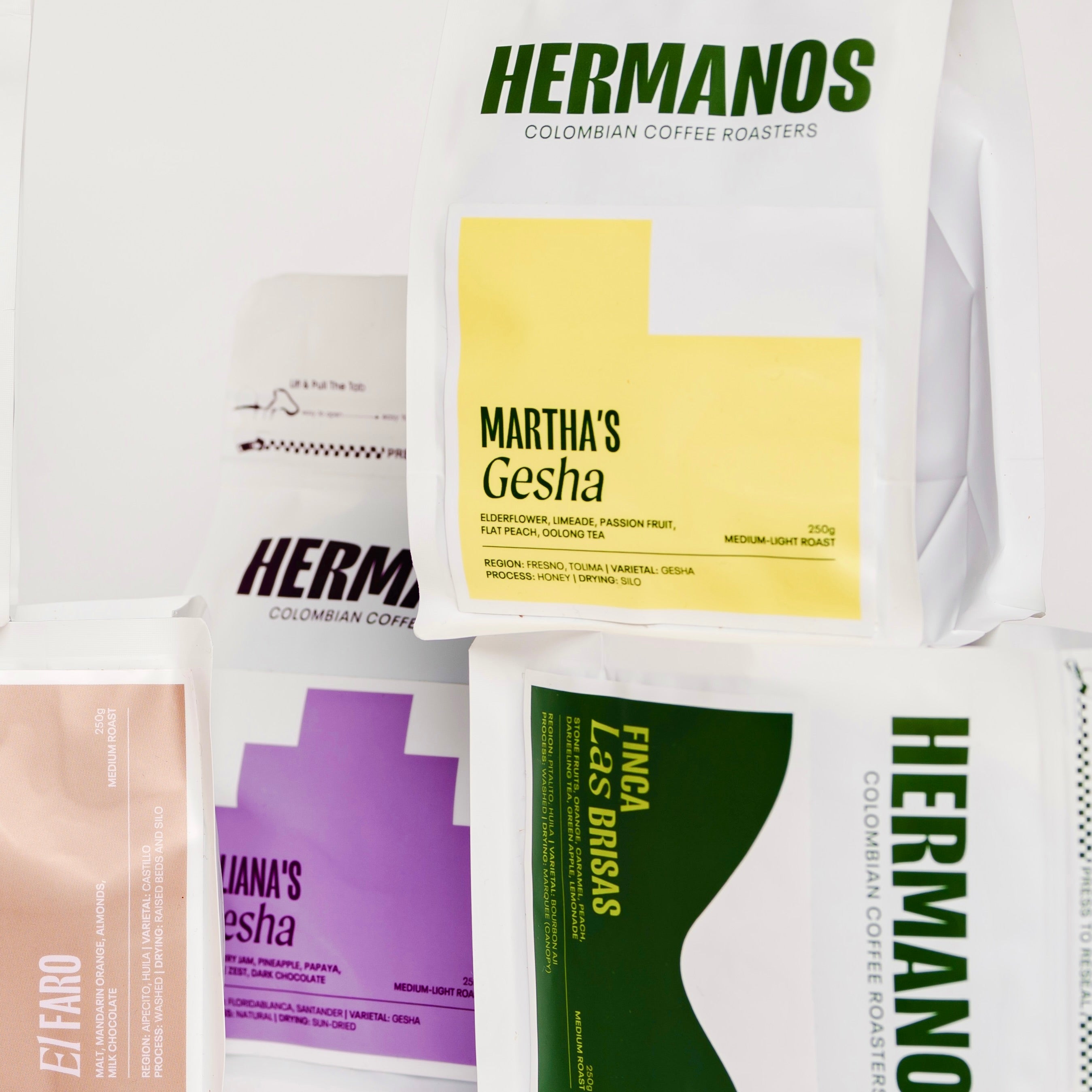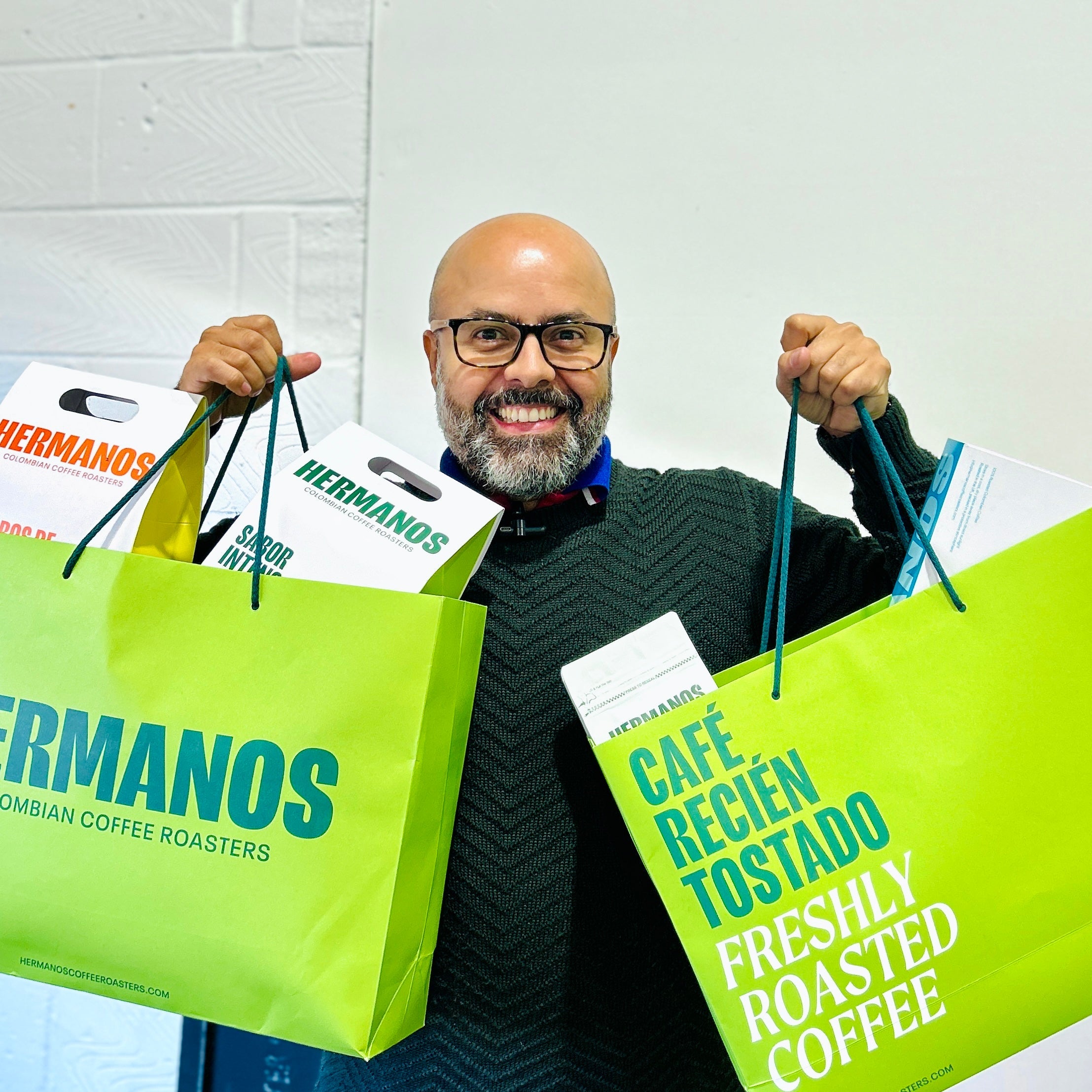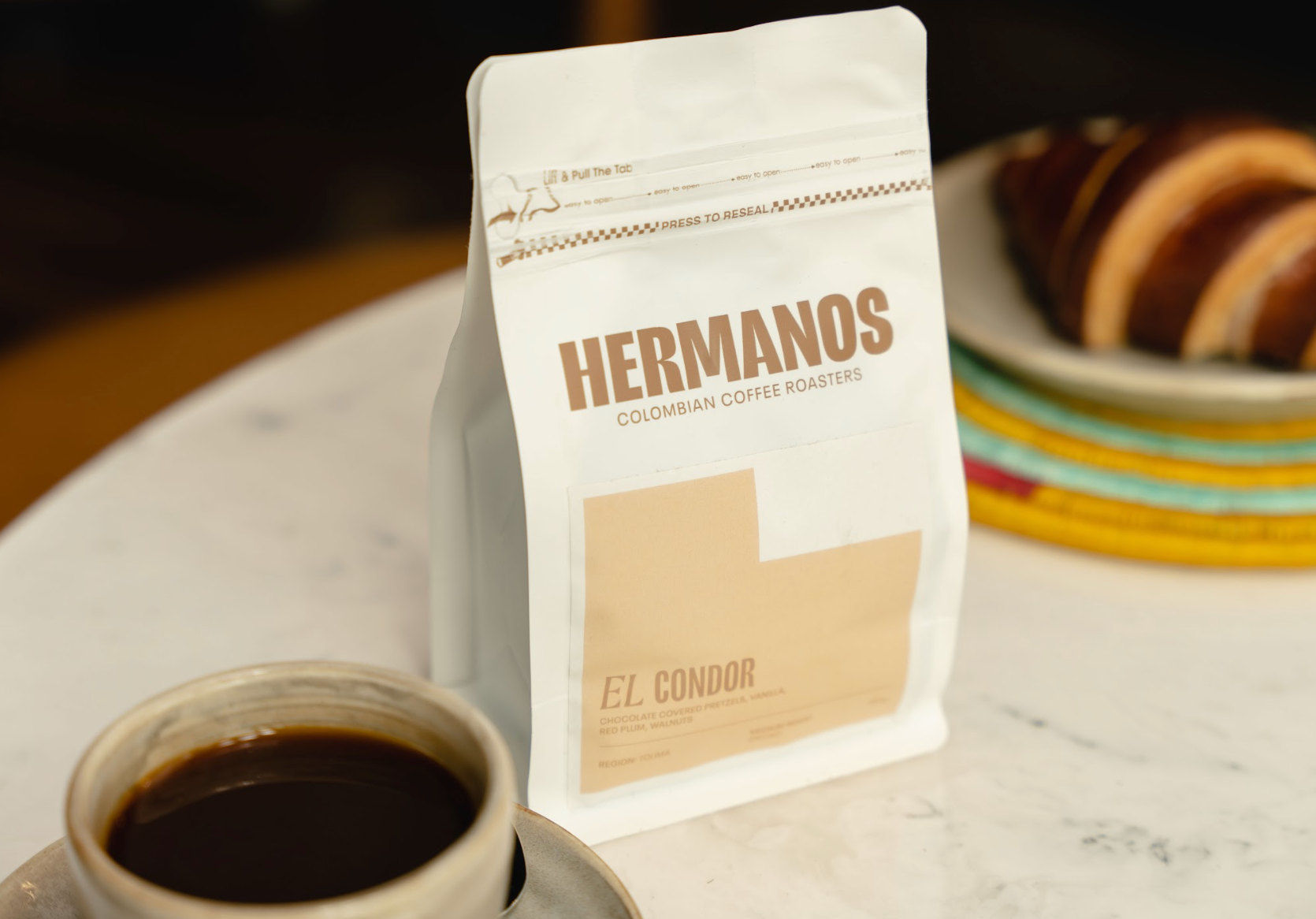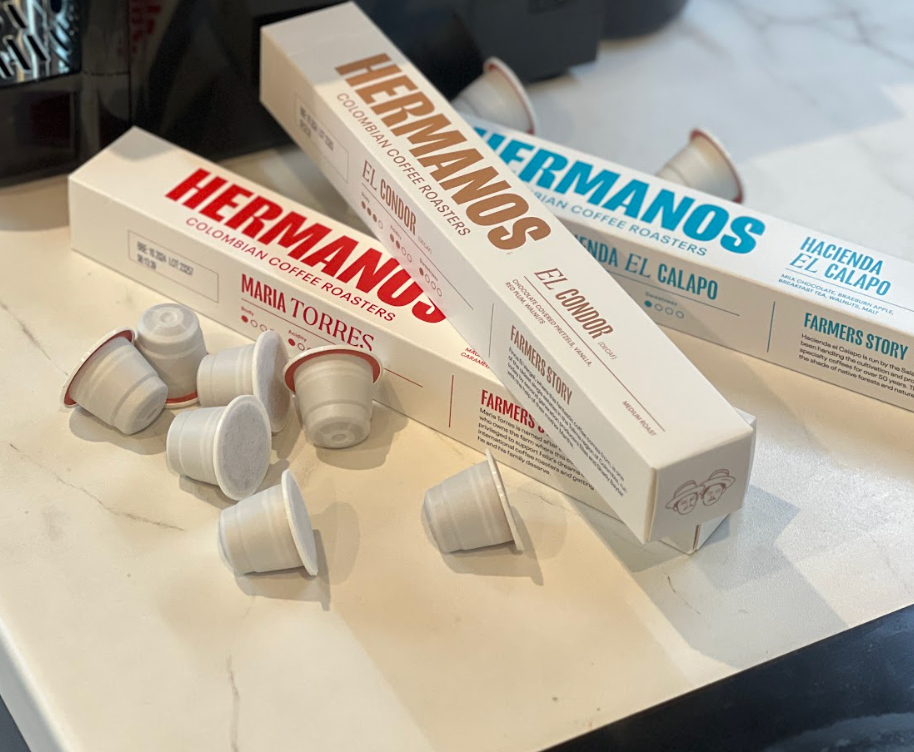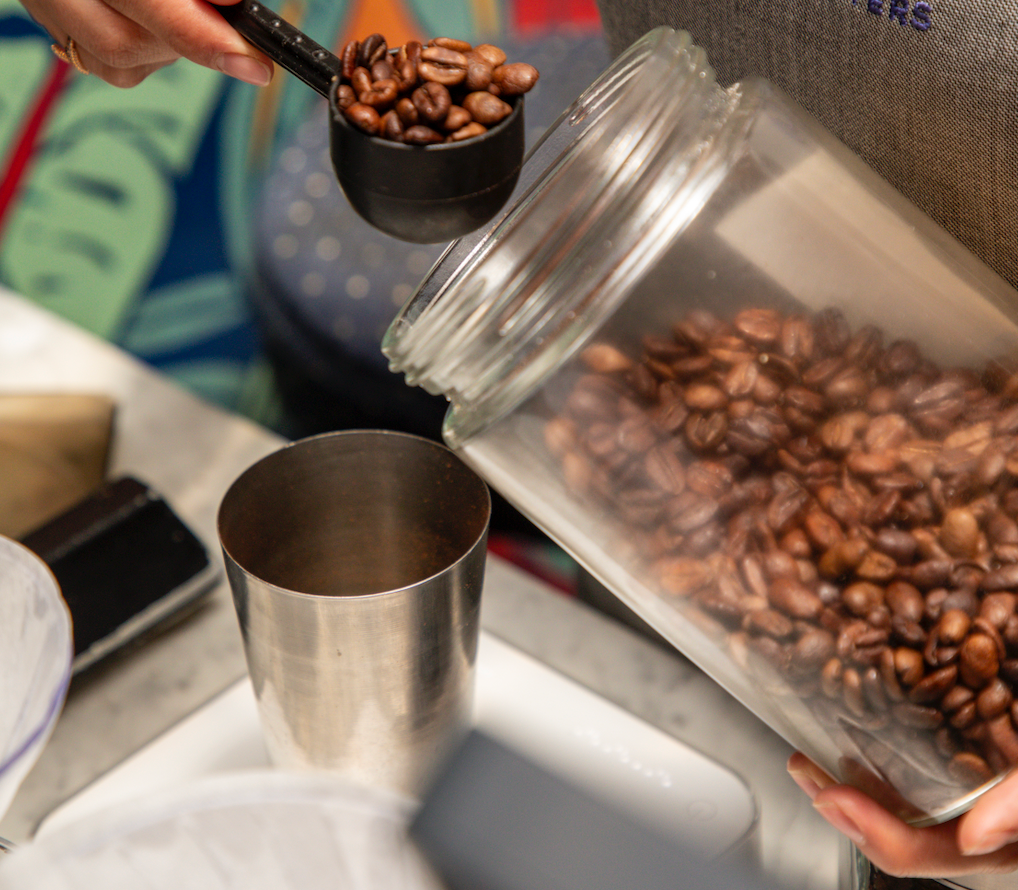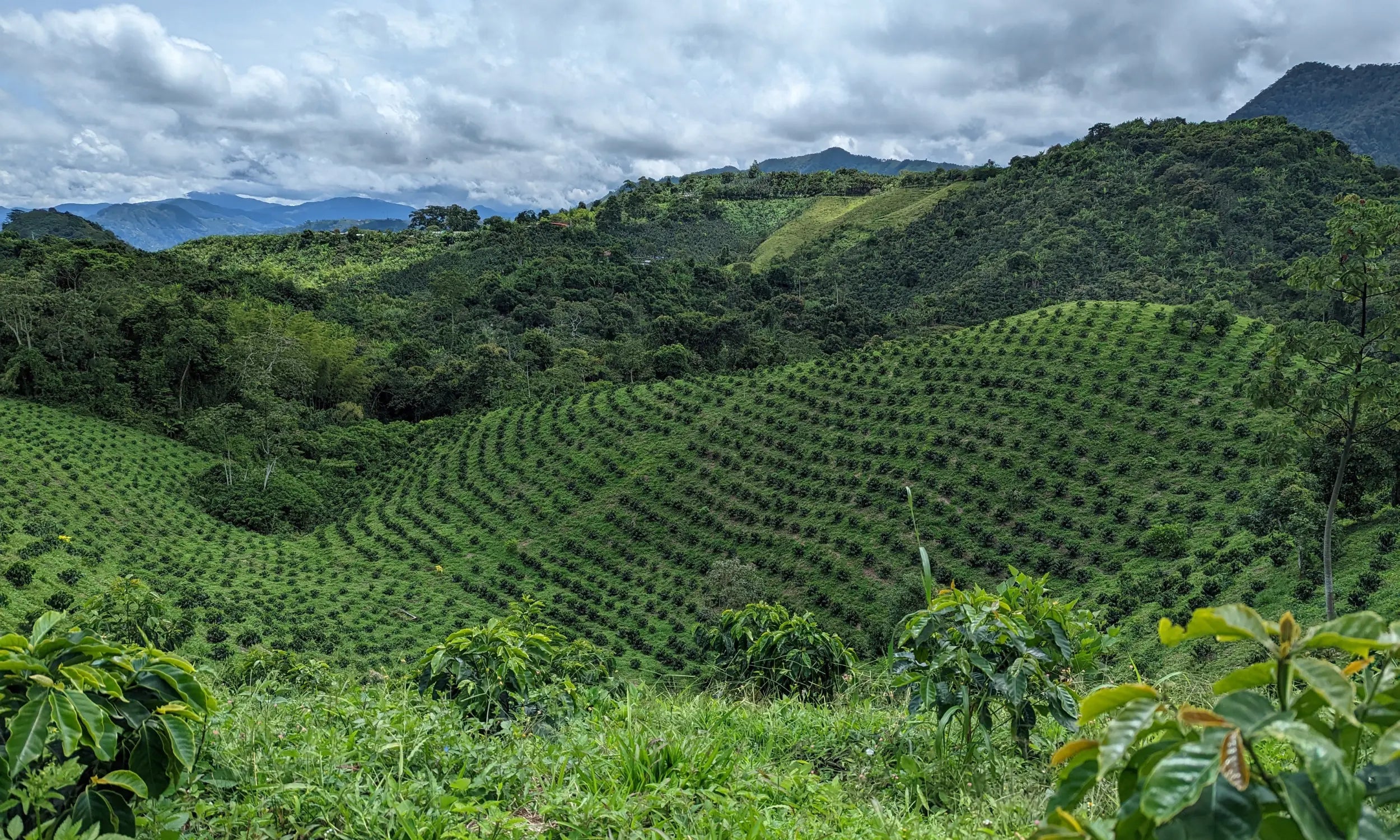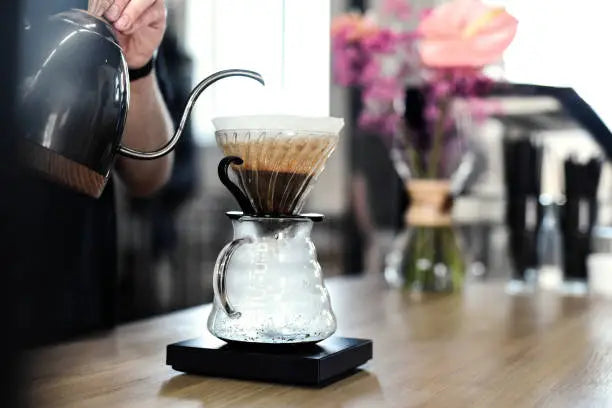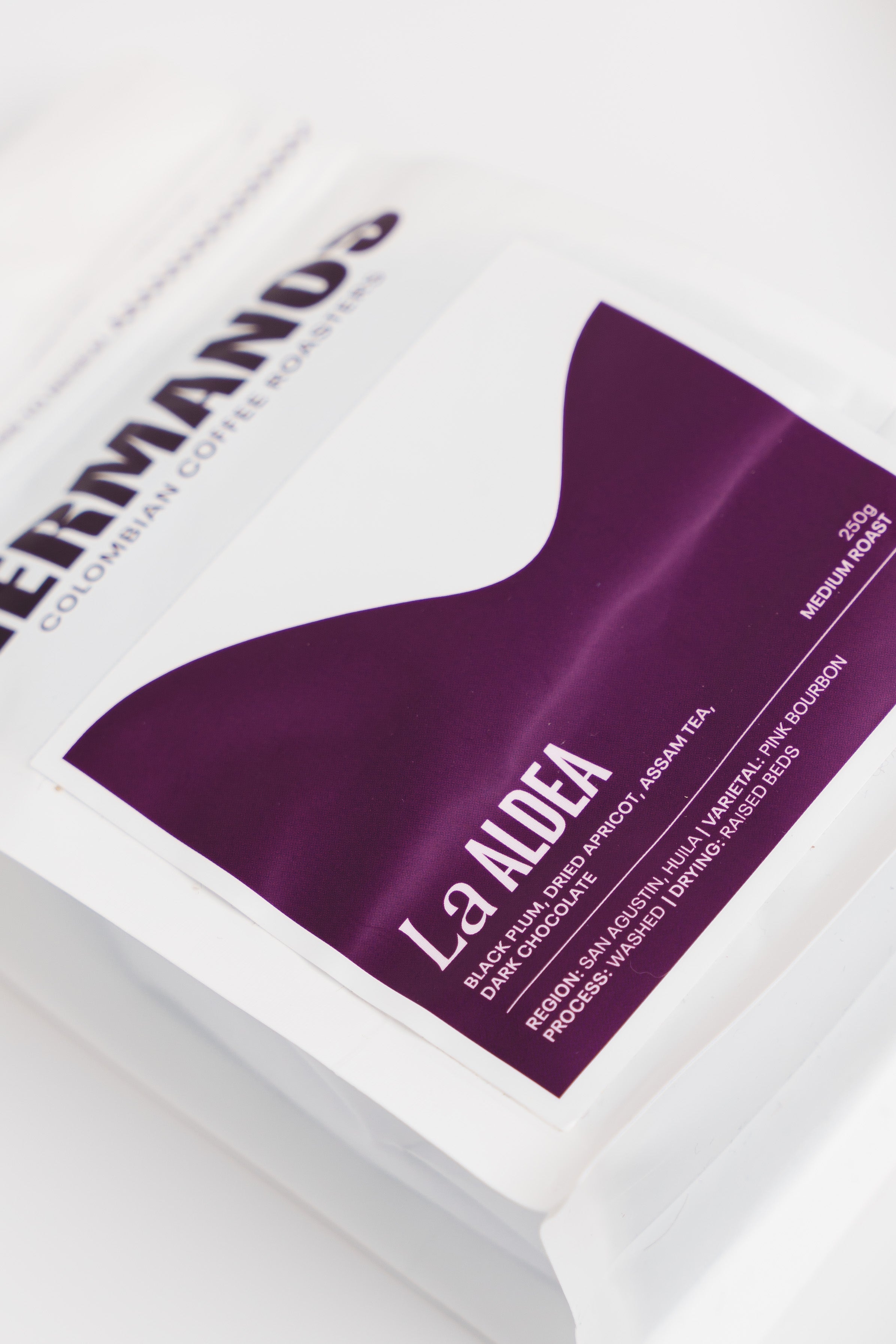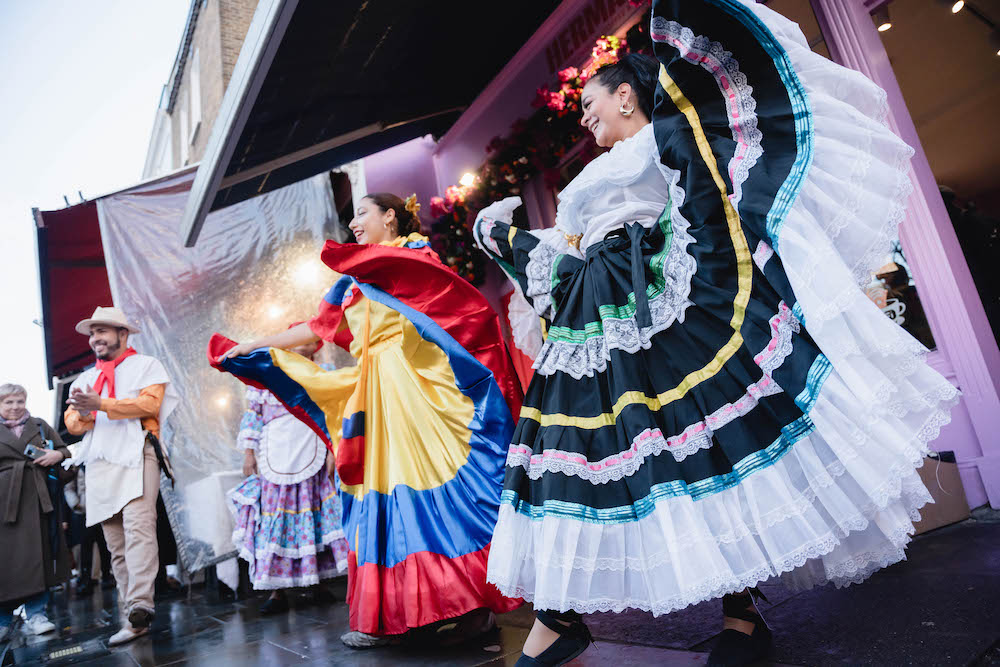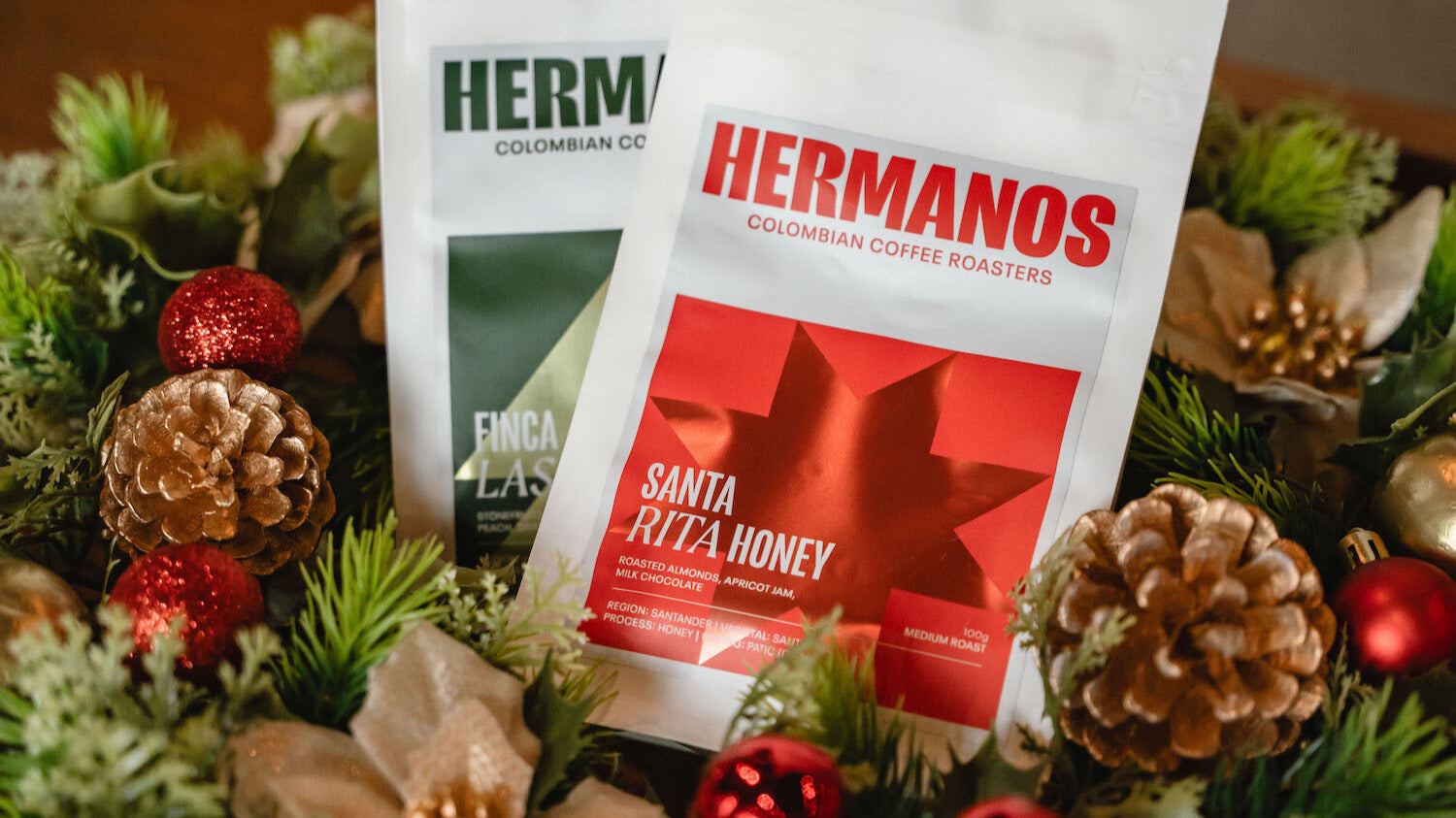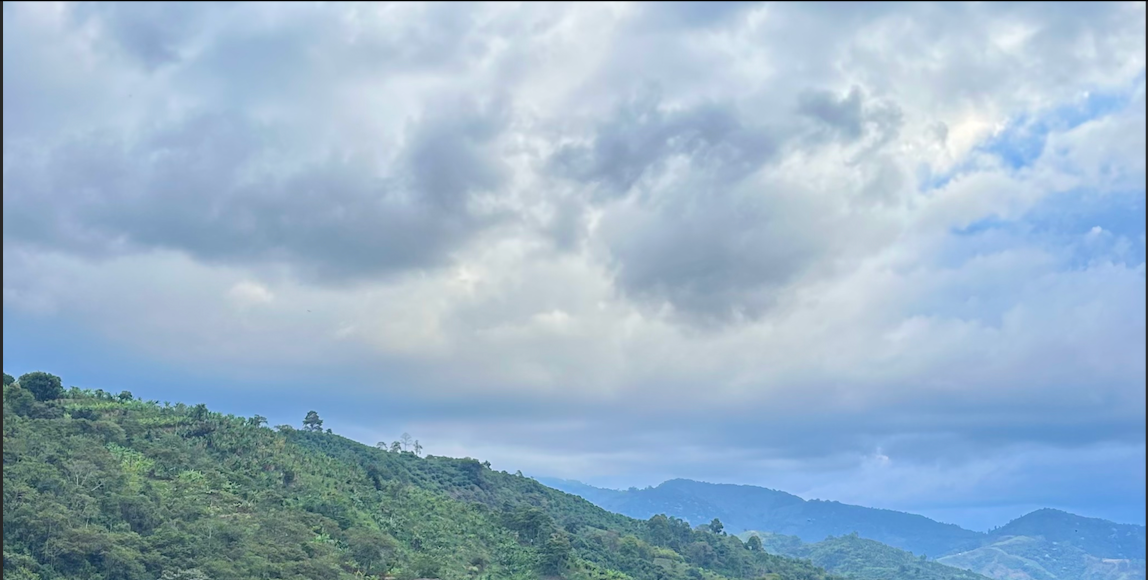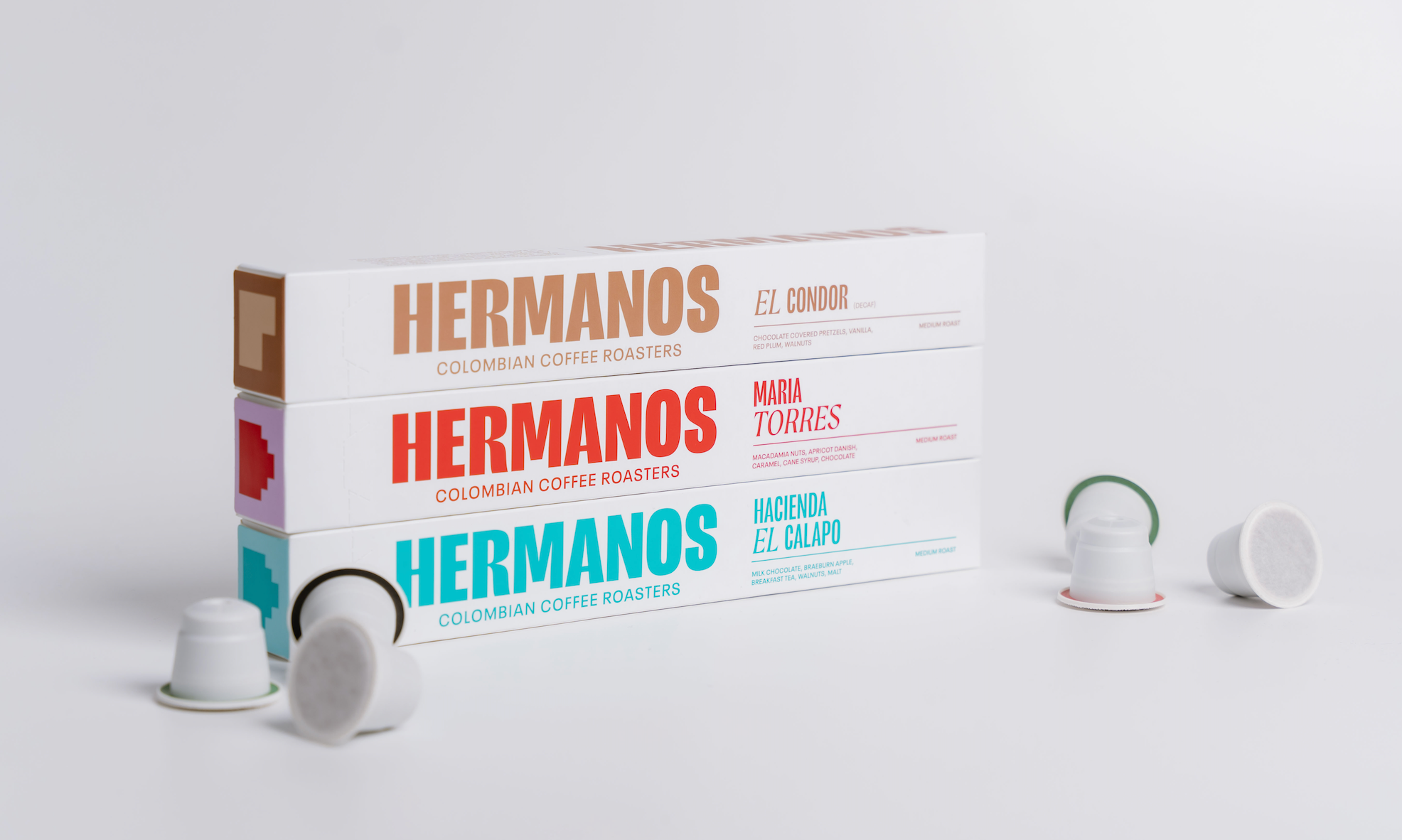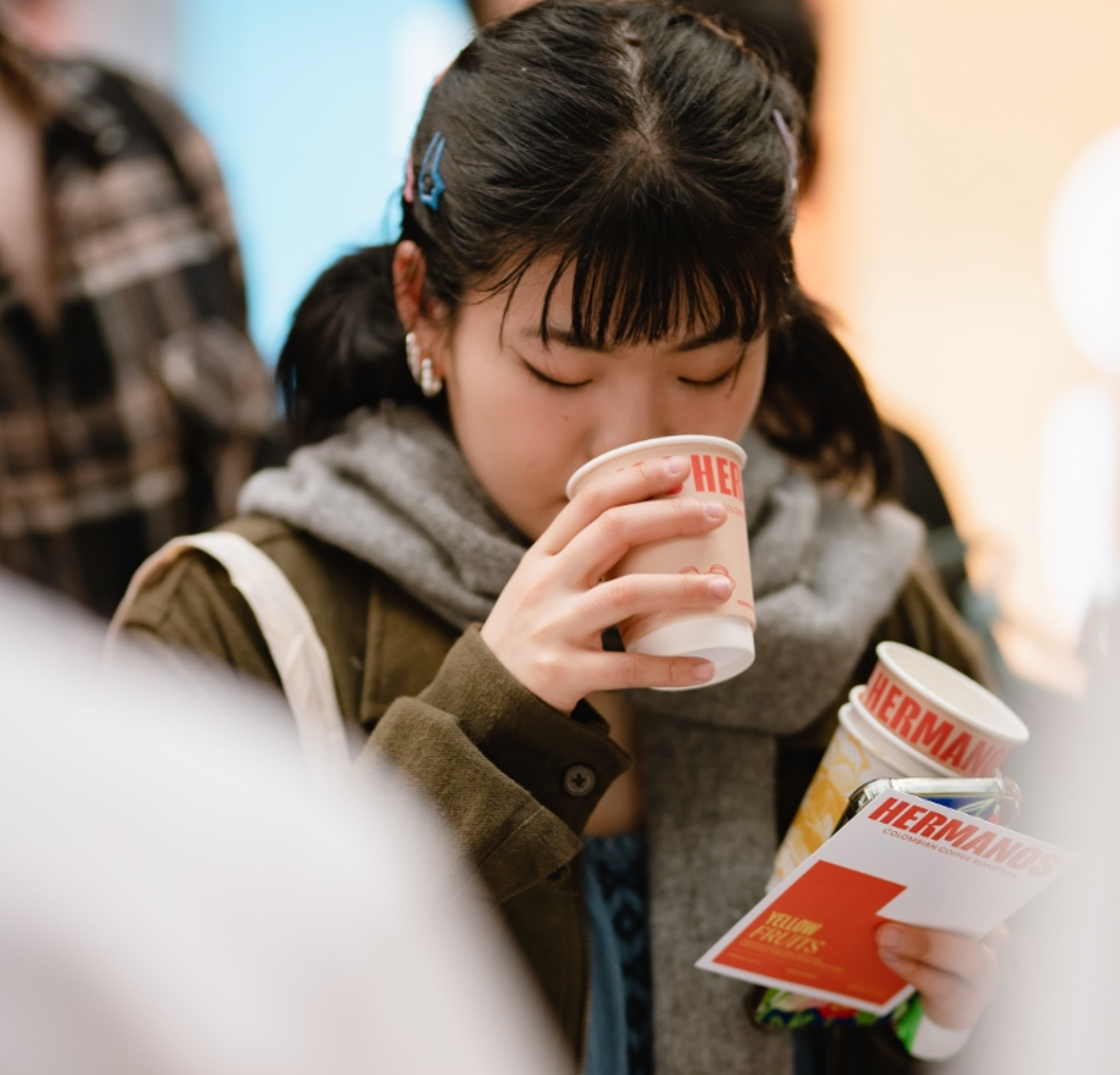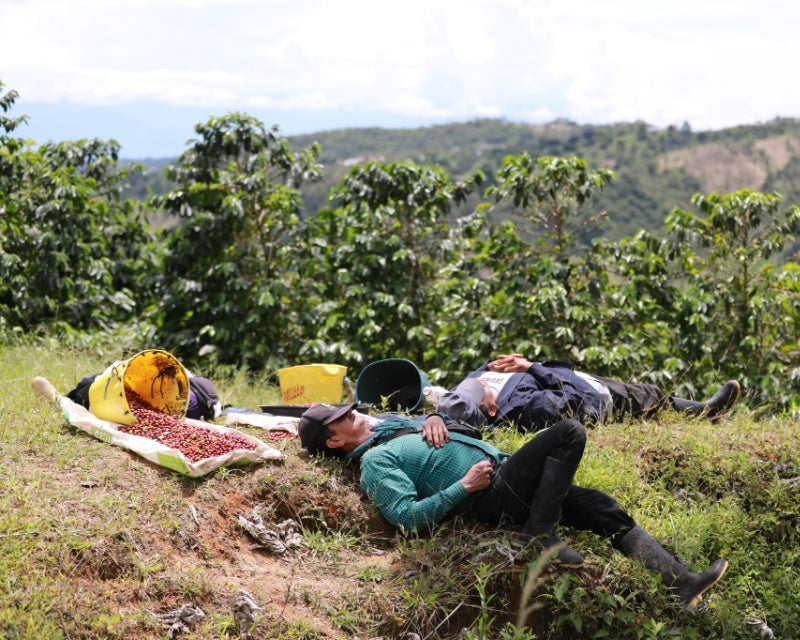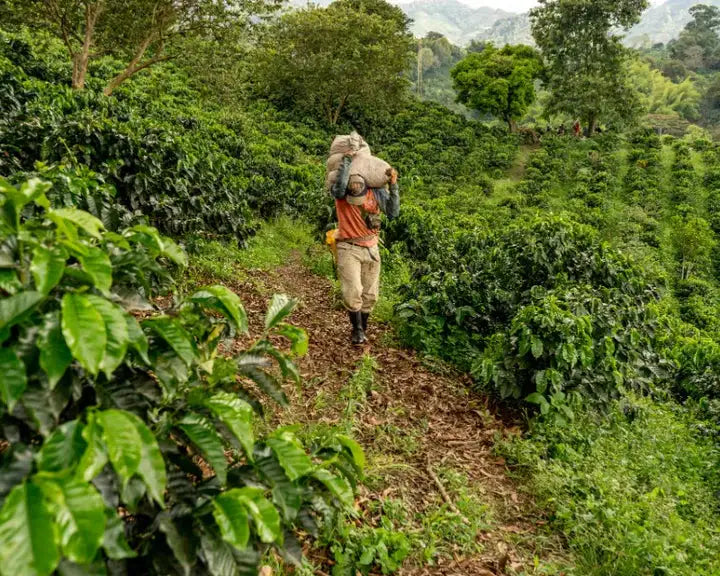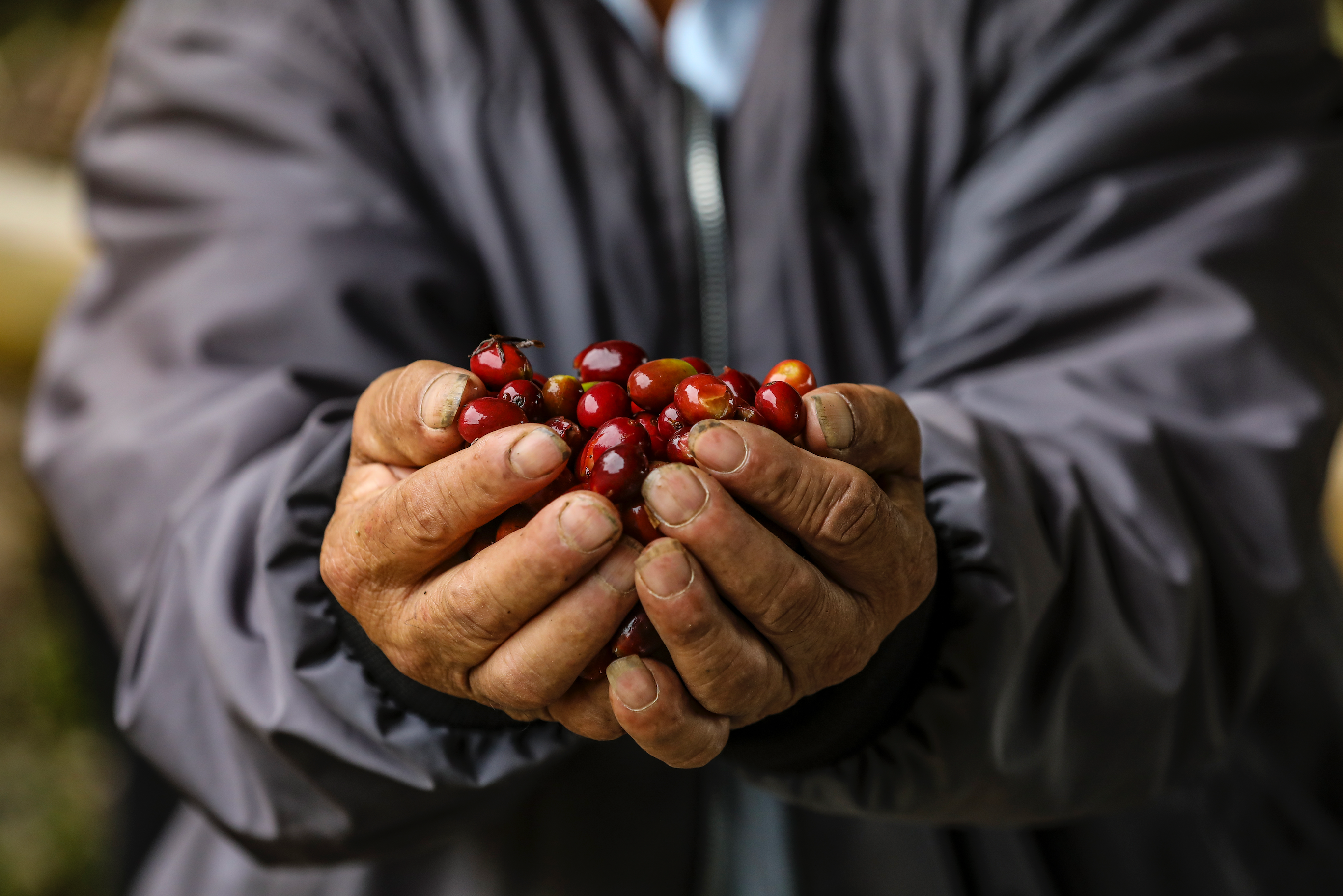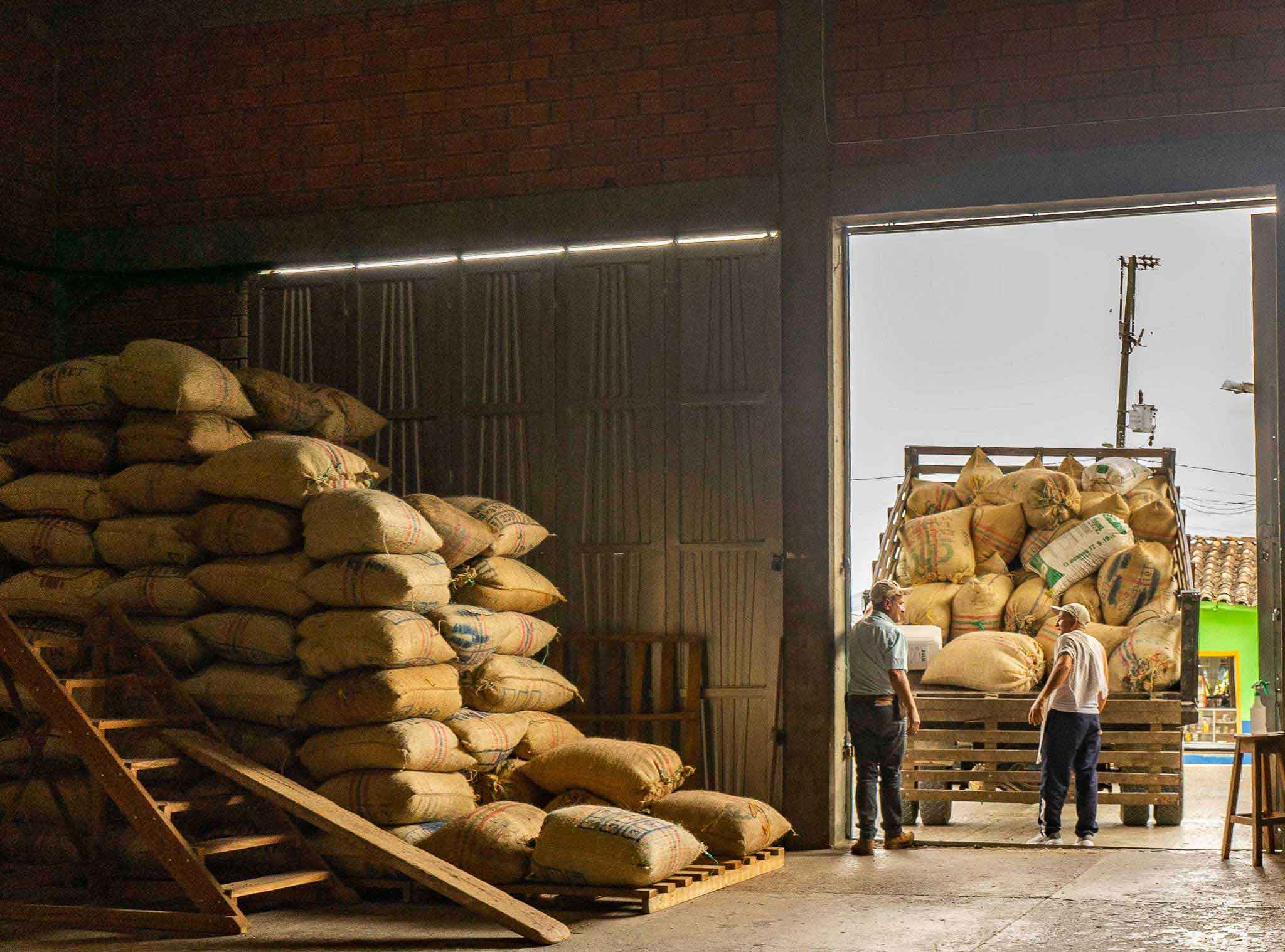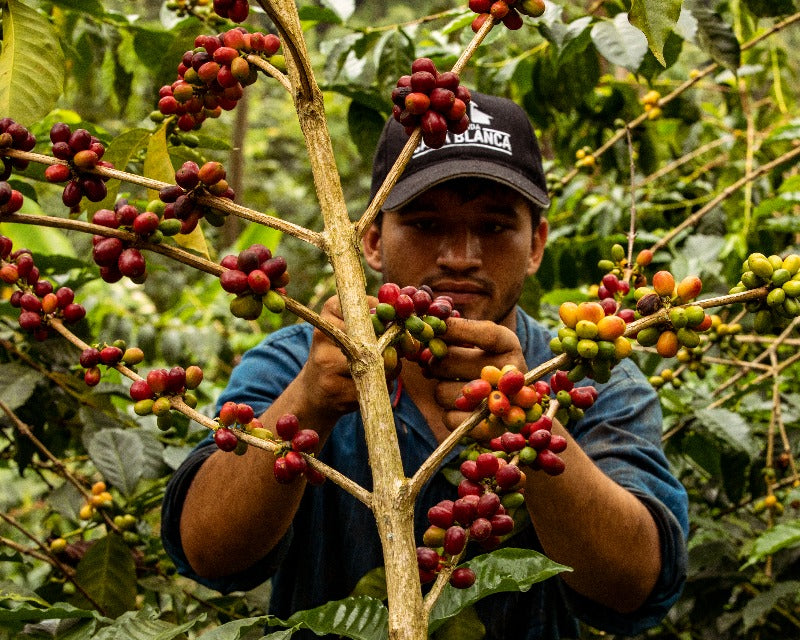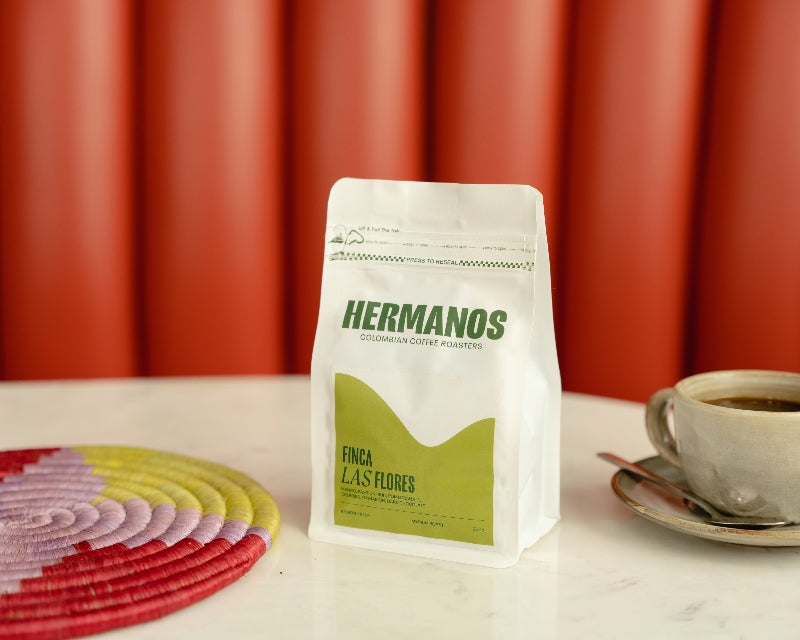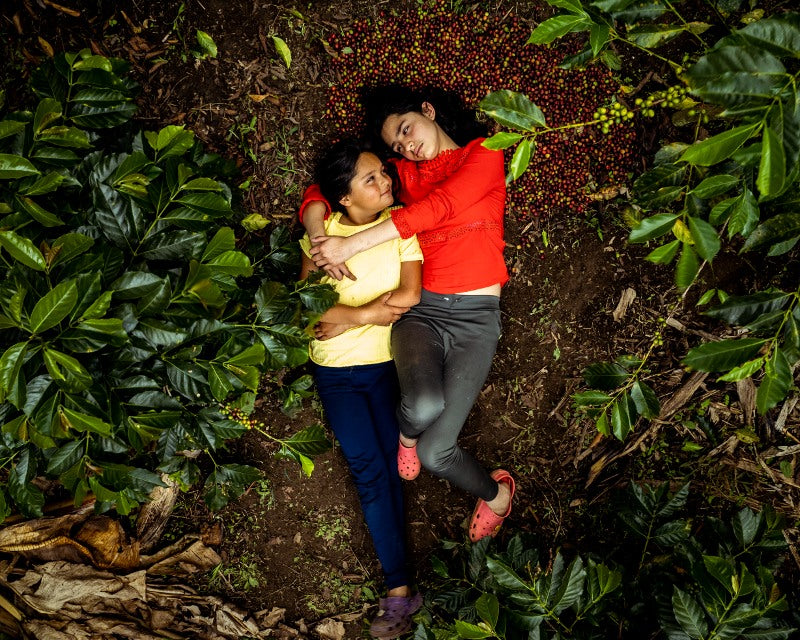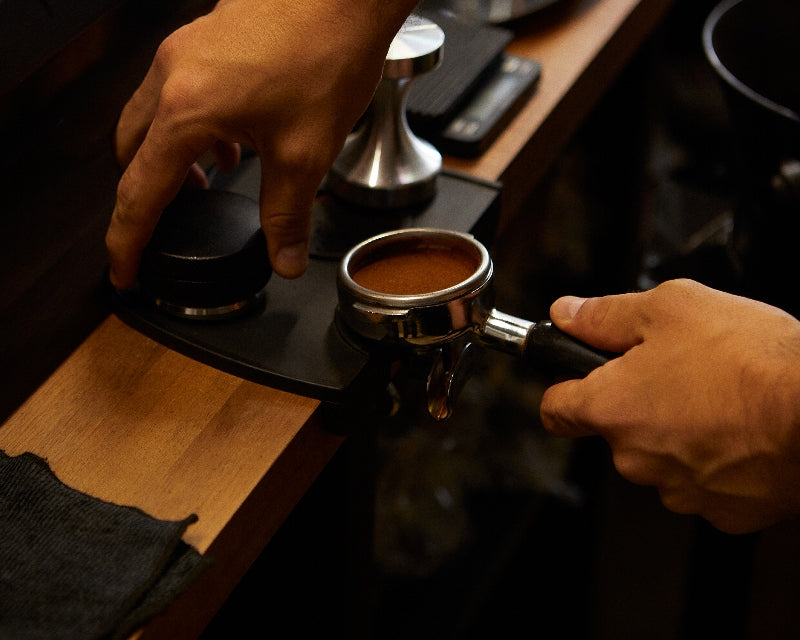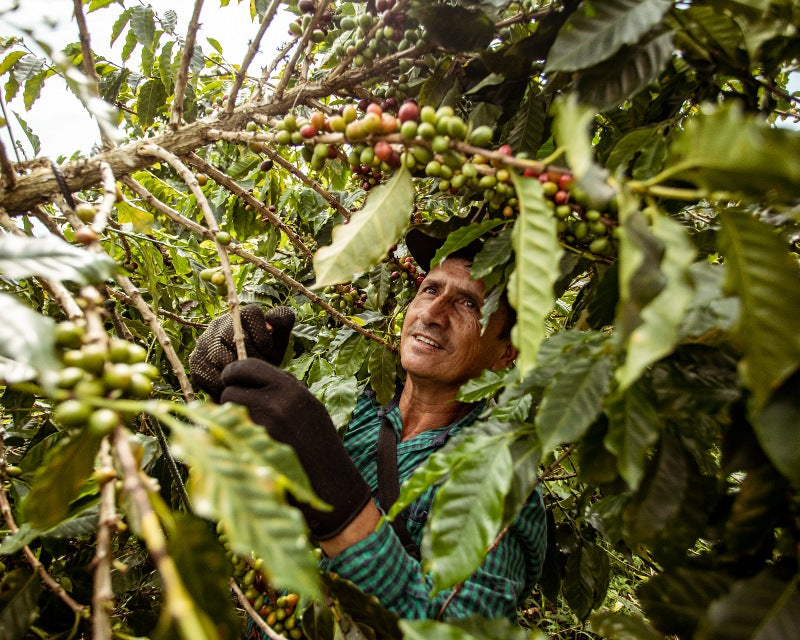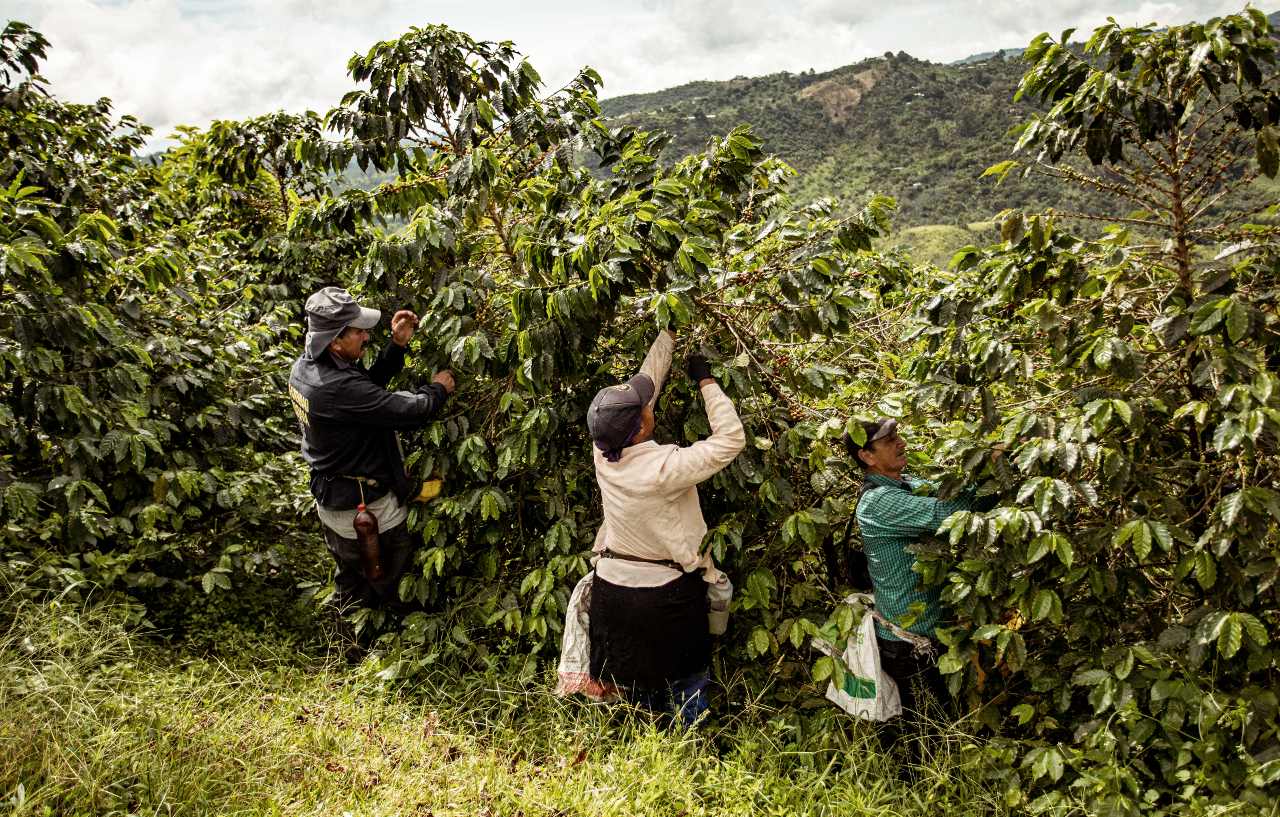Contents
-
Arabica vs. Robusta Coffee Beans
-
Are There Other Types Of Coffee Bean?
-
Popular Arabica Varieties
-
Key Drivers Of Arabica Popularity
-
How To Choose Arabica Coffee Beans
You’ll see the term Arabica Coffee or “100% Coffee Arabica” used a lot today. Similar to other descriptors like ‘specialty’ or ‘single origin’, it’s half a way for brands to communicate the type of coffee being sold and half a way to increase its appeal to customers.
The problem is many people don’t know what Arabica beans are or that the vast majority of what they’ll find in shops and supermarkets will be Arabica coffee anyway.
So when you consider all the pieces of information on a coffee bag worth taking note of (e.g. notes, roast level or place of origin) the fact that your coffee is Arabica is admittedly lower down on the importance scale.
Having said this, we believe understanding more about this species of coffee, why coffee roasters like us use it, its role in the global coffee trade, and, whether it is indeed the best coffee you can get, is fundamental knowledge for anyone trying to make more considered choices in the world of specialty coffee.
Arabica Vs. Robusta Coffee Beans
The two most popular and widely produced types of coffee beans are Arabica and Robusta. Both have an important place in the global coffee trade and offer a useful contrast to each other when exploring flavour profiles, consumer demand and pricing.
|
Arabica
|
Robusta
|
|
Lower caffeine higher sugar content
|
Higher caffeine lower sugar content (resulting in increased bitterness)
|
|
Higher acidity
|
Lower acidity
|
|
70% (Approx.) of coffee produced globally
|
30% (Approx.) of coffee produced globally
|
|
Sweeter, more subtle flavour profiles
|
Generally harsher, more bitter flavour profiles
|
|
Used commonly in specialty coffees
|
Historically used for cheaper coffee blends and instant coffees
|
|
Harder to grow and more expensive
|
Easier to grow and less expensive
|
Arabica coffee is generally sweeter and less acidic than Robusta coffee beans.
Arabica Coffee

Perhaps the most important thing to know about Arabica beans is that people love them. Overall, they’re sweeter, more full in flavour and can offer plenty of nuance in terms of coffee notes and aromas compared to other beans.
There are plenty of exceptions to this (e.g. Vietnam, Indonesia), but there's a strong preference for Arabica coffee in markets around the world.
The second most important fact to know is that growing Arabica is harder to do, due to the sensitivity of this coffee plant species and the way it needs to be cultivated. And together, these things make Arabica coffee the most premium type of bean you’ll find.
The best beans are grown more slowly in areas of high elevation and rainfall, requiring constant care and attention. Due to the delicate nature of the plant, crops are more vulnerable to environmental factors and farmers face increasing threats as climate change disrupts weather patterns and temperatures in places around the world, like Colombia where we source all our beans from.
Despite the increased difficulty in doing so, farmers will still endeavour to grow Arabica as it offers better recognition and reward in the international coffee market.
While quality and flavour profiles can still vary drastically within this category, these beans are known for achieving a more complex and delicate taste than others. This is particularly suited to the specialty coffee world where roasters look for subtle and unique coffee notes, such as berries or citrus fruits.
In response, we see farmers continually experiment with growing methods to unleash new, impressive and sometimes weird coffee notes — signifying quality and differentiating their produce from other Arabica producers.
Learn What Makes Colombian Coffee Beans So Special!
Robusta
Robusta has a history of being cultivated for lower-end markets and cheap coffee blends — sometimes blended with Arabica simply to increase volume at a lower cost (increasing overall profits at the expense of quality).
In terms of flavour profile, Robusta is associated with strength, bitterness and a harsher (sometimes burnt) flavour overall. When also considering its lower cost compared to Arabica and the fact it's used in most instant coffees, it’s no surprise that this bean type is often described as inferior.
However, there are also more than a few amazing things about this bean too. The first quite fittingly is its robustness as a plant and its ability to survive in much harsher environments than other beans. In contrast to Arabica, you’ll find it growing in several types of altitudes and climates and its resilience makes it less vulnerable to pests and changes in weather (not a bad trait for a bean).
Being Robusta doesn’t inherently mean “worse”. And someone who has grown up drinking only Robusta may in all honesty prefer the harsh bitterness that this coffee bean offers.
Despite its bad reputation, it’s still enjoyed in places where very strong coffee is preferred. And when mixed with condensed milk in locations throughout South East Asia, for example, it becomes a whole different kind of drink that people have a strong affection for.
Interestingly, a growing number of people believe that Robusta’s potential as a specialty coffee bean has been overlooked. Classic beans of this kind are known to offer hints of chocolate and other more earthy, woody or bitter flavours, but is the scope for Robusta much broader than just this?
Some are adamant that with the same amount of attention and investment in cultivating Robusta as is offered to Arabica, it’s possible to achieve so much more. Small but significant Robusta specialty coffee scenes emerging in Brazil and Vietnam are perhaps the best proof of this.
Are There Other Types of Coffee Bean?
Yes, there are more beans out there than just Arabica and Robusta. Two of these are the Liberica and Excelsa beans, grown in very specific climates where production isn’t scalable to the point that they can be made available to the global coffee market.
-
Liberica is known for offering a smokey bitter taste, with a floral and fruity aroma. At a time when there was a global Arabica shortage, this bean was a popular substitute in Western markets and today is enjoyed in places like the Philippines, Malaysia and Indonesia.
-
The Exelsa bean, also grown in South East Asia (and technically a type of Liberica bean) is more distinct in its profile, offering a fruitier (almost tart) flavour.
Again, an important question to ask is whether with more investment into the cultivation of these beans, could their global reputation and popularity change?
Popular Arabica Varieties
Within the world of Arabica coffee, there are so many different varieties out there — each offering something different.
|
Typica
|
Considered to be one of the first and most important varieties of Arabica, the Typica coffee bean is known for its clean, sweet flavour profile. Along with Bourbon (below) it is a fundamental “parent bean” to more recent varieties that have been cultivated around the world. To create certain tastes, it is commonly cross-bred with other types of Arabica. The major downside is its susceptible to pests and diseases and is sometimes avoided for its typically lower yields.
|
|
Bourbon
|
Bourbon is another incredibly important variety in the world of Arabica and one of the first to exist. Similar to the Typica bean, it’s characterised by relatively low production, susceptibility to pests and major diseases, as well as excellent cup quality.
Common flavour notes include chocolate and fruits.
|
|
Caturra
|
Today, Bourbon has largely been replaced by varieties that descend from it such as Caturra, which is a natural hybrid of the Bourbon strain. It offers a lighter body and slightly citrusy overtones.
|
|
Gesha
|
Originating near the town of Gesha (sometimes called Geisha) in Ethiopia, but commonly grown in places like Colombia and Panama, this bean is considered one of the best coffees in the world and is known for its unique, delicate taste. As such, it’s also one of the more pricey coffee types you’ll find (which is often worth the cost in our opinion).
|
For a full list of Arabica varieties (there are dozens!), visit World Coffee Research.
Key Drivers of Arabica Popularity

The demand for certain coffee profiles; agricultural practices that are already optimised for Arabica production; and, an existing recognition of specialty Arabica within the context of third wave coffee is likely to keep driving the popularity of this bean type for many generations to come.
For specialty roasters, the biggest draw is perhaps the diversity of flavours Arabica can offer, which can then be accentuated through different roasting and brewing methods. Sweet and fruity notes, hints of chocolate, and flavours of caramel and honey are all possible with Arabica, and as farmers continue to experiment with production methods to release new flavours, there’s much to explore.
Even with the higher cost to the customer, coffee drinkers are usually happy to pay more for a sweeter or more subtle and complex cup of coffee than is offered by Robusta. And as long as this is still the case, farmers will continue to put in the extra effort at a higher risk to grow this more temperamental yet financially rewarding coffee bean.
How to Choose Arabica Coffee Beans

Short of instant coffees and cheaper supermarket blends, most coffee you see will be made from the Arabica bean. If you’re lucky, you’ll find some specialty Robusta coffee worth trying, but these occasions will probably be few and far between unless you are actively looking.
Some brands might mix Arabica with Robusta for their Espresso blend (to enhance caffeine, intensity, and crema), for example, but the majority of what you see in coffee shops (especially specialty coffee shops) will be Arabica, unless it says otherwise.
Seeing “100% Arabica” isn’t something that should affect your purchasing decision too much.
As such, seeing “100% Arabica” isn’t something that should affect your purchasing decision too much. As we discussed in our post about single origin coffees vs blends, it’s important to go beyond these basic descriptors and learn more. For instance, what kind of Arabica bean varietal is being used? Is it Arabica from just one farm or a combination of farms?
In the end, even a single type of Arabica variety like the Gesha can differ in quality and flavour depending on several factors like how it’s processed, the elevation at which it was grown, and so on. So no matter what you’re drinking, it’s important to delve a little deeper.
Browse Our Full Range of Arabica Coffee Beans from Colombia!




